
1 2 3 4


1 2 3 4
11. He waka eke noa Janicka Tei
12. Ōtire—Ashleigh Putt-Fallows
13. Motu Kairangi Mana Hokianga
14. Finding Tūrangawaewae India Jade Hinewai
16. Ki ngā Kaimahi, Ngā Kairangahau, ngā Pūkenga Māori Kelly Mitchell
17. To my Whanaunga from Different Maunga Grace Muldrock
22. Pūoro Me Ngā Whaakaro Tūheitia Young
25. In Pursuit of Manamotuhake Reni Broughton
30. Whaia te ara pau kaha Phoebe Sullivan
6
32. Ngā Rangahautira
33. Te Hōhaieti o te reo Māori
34. Ngāi Tauira

About
Salient is published by, but remains editorially independent from, the Victoria University of Wellington Students’ Association (VUWSA). Salient is funded in part by VUWSA through the Student Services Levy. Salient is a member of the Aotearoa Student Press Association (ASPA).
The views expressed in Salient do not necessarily reflect those of the Editors, VUWSA, or the University.
Complaints
Complaints regarding the material published in Salient should first be brought to the Editors in writing (editor@salient.org.nz). If not satisfied with the response, complaints should be directed to the Media Council (info@mediacouncil.org.nz).
Letters
Got opinions about what we publish?
Send it to letters@salient.org.nz and we'll publish it.
Find Us
Twitter: @salientmagazine
Facebook: fb.com/salientmagazine
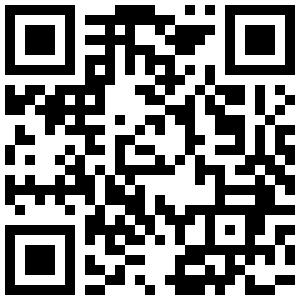
Instagram: @salientgram
www.salient.org.nz
Salient Podcasts
Instagram: @salient_podcasts

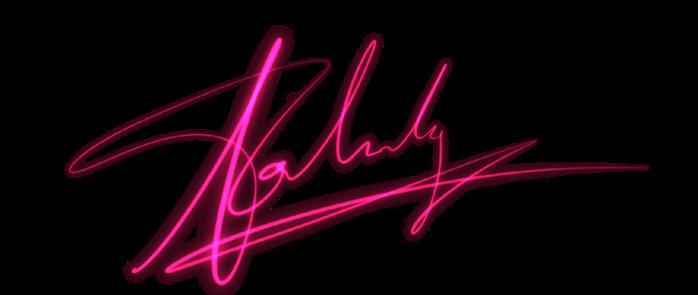

Ki tōku maunga kaha Taranaki.
Ki tōku awa tapu Waitara.
Ki tōku tīpuna nui Maruwharanui.
E tuku mihi au ki a koutou me taku whakaute me taku whakawhetai ki ngā hau e whā o te motu whanui. Ki te kore he aroha, he parau te otinga. He aroha whakatō, he aroha puta mai. Ka whakarauika tēnei karere mō ake tonu atu. Tēnā koutou e pānuitia i tēnei karere, ngā tangata o Te Herenga Waka, ngā uri o ngā hau e whā tēnei au e tuohu ake nei. Karawhiua!
Having the opportunity to be both the Editor and Designer for Te Ao Mārama i tēnei tau is a wonderful privilege. I have to say that extra work on top of study and mahi has been quite overwhelming. But with the help from our tauira Māori and the Salient team, we have managed to pull everything together just in time. I am super grateful for that; a big mihi to everyone, especially ngā kaiwhakamāori. Speaking of gratitude, I bet everyone has something that they are grateful for. Right?
For me, I appreciate everything that I’ve got in life at the moment. Though there are different bits and aspects and the whole concept of “life’s not always pink”. But overall, it feels great just to, you know, exist lol. And as Māori individuals, there are so many things that we can appreciate within Te Ao Māori. From our rich culture, customs, arts, and reo to the strong connection with Te Taiao. Still, I often get caught in the hustling flow and don’t realise the beautiful things that are happening around me.
they disappear from your life. I wish I could’ve said a simple “I love you” to my parents before having to say goodbye. Four years went by, not having them by my side on my journey from entering my teenage years to becoming a young adult. It’s somewhat of a great emptiness.
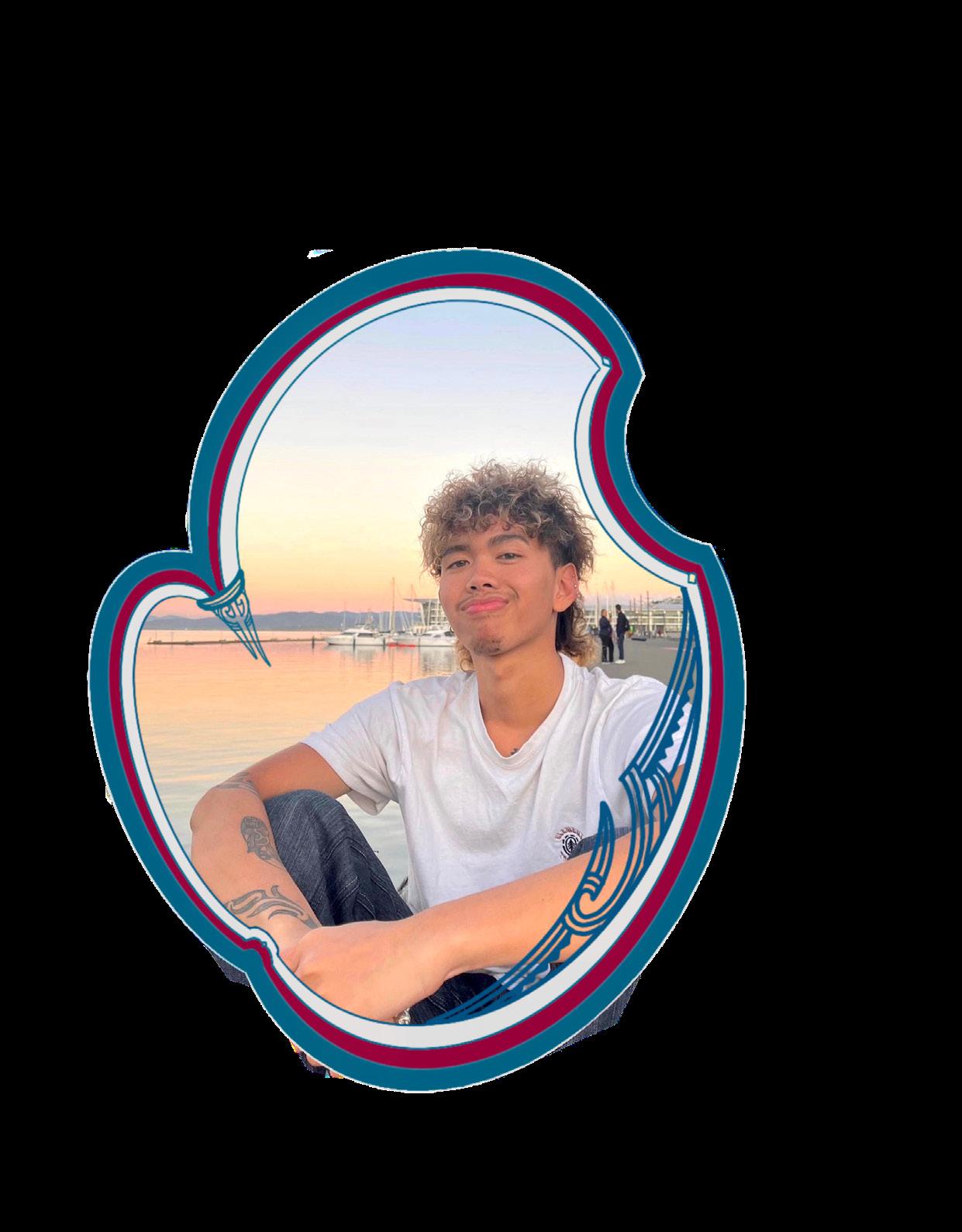
Sometimes, it takes much more than expected for someone to show their gratitude, or they won’t show it at all. That doesn’t mean the efforts you put in are insufficient. If it’s you doing something for someone or yourself, perhaps you should appreciate yourself first, the time you’ve spent and the work you’ve done instead of trying so hard for someone’s opinion.
A simple “thank you” can mean a lot to someone. If you’re the type of person, who wouldn’t usually say that, get your gratitude muscles trained e hoa mā! Tell your mates how much they mean to you. Tell your family how grateful you are to grow up around them. And finally, after a long day of mahi, tell yourself that you’re proud of your achievements. Whether small or big, they all matter, and so do you.
Chur, HuyWords by Te Huihui o Matariki Chi Huy Tran (he/him; Taranaki, Te iwi o Maruwharanui)
Salient is fuelled by:
Tataitia rā ngā tatai whet te taiaroa pūareare o te rangi
Ka ringiha ai i te kete ko nga mata o te ariki, Tawhirimatea
Kite pihepihe nui o te pō
Whiriwhiria koe e nga ihi, wehi, tapu o te pō
Rokohanga atu ra koe, Tautoru, Rehua, Kōpū, Matariki
Tiraha, ka matai ai nga ika whenua kinga ika o te rangi!
He aha tēnei e hahaea nei te tārāuma!
E ko te pūkōnohinohi i te rirohanga atu o aku raukura
Kimihia rangahaua kei hea koutou ka ngaro noa?
Kite po uriuri kite po tangotango i a Hine-nui-te-pō
Ka whakatauki au i konei, auē, aue taukuri e!
Kei aku wehi, kei aku wana, kei aku whakatiketike, kei hea koutou ka ngaro noa? He aha ia i hikohiko ai te uira, i pāpā ai te whatitiri, i whakairia ai te ngaruru mai rangi ki tua o ngā hiwi maunga, i whati te marama, te ara ake ano? E ko te tūmatatenga ki te tau o taku ate!
Whakaauahi te tara o nga tihi maunga, me he maimai aroha i koro-pupú atu ai te puna o aroha mo koutou nga mate taruru nui o te wa, tae noa ki nga mate o te ra, o te wiki, o te marama, o te tau. Otira, kei aku huia kairangi, aku huia kaimanawa kua tiu, kua whakaangi kite komata o te rangi, ki te whanau marama hei ngore mō te kaka nui o te pō. Hei reira rā koutou tangihia nuitia ai e o mahuetanga iho, moteatea rawatia e o uri whakaheke, poroporoaki tonutia ai e ō iwi, ā mate noa.
E moe koutou ki te pae kaurera o maumahara, ka ora ai hei whakao-rioritanga ma matou ki ā matou tamariki mokopuna, hei kōrero whakahihi ki a ratou tamariki, hei korero whakamiharo ki a rätou mokopuna. Ko te aiotanga o te moe, ko te mariretanga o te moe ki a koutou e moe nei i te urunga te taka, te whakaarahia.
Nei ka noho, ka whakakao noa i ōku mahara mō ngā mate kei waenganui i a tātou katoa, mai i tēnā Te Ao Mārama ki tēnei. He huhua no rātou kāore au mo te whakahua ingoa kei mahue etahi ki waho. Heoi ano, ko nga mate katoa ka whakairihia nei ki to tatou nei pataka korero o Te Ao Mārama hei whakaarotanga ma tatou ka wherawhera i nga wharangi o to tatou taonga i runga i te mohio, i te wa i a rātou, ko rātou ngā kaituhituhi i o ratou whakaaro, ko rātou hoki i pānui i ngā whakaaro o tauira kē atu, me te aha, me pēhea e kore ai e kiia ai ko tātou ngā uri o rātou?
Kia tīkina atu e au te korero mo koutou.
Te toe o te waka e, te toe o te waka e. Ketekete atu ra, ketekete ana mai. Te tai rā, te tai rā E pari ana te tai ki whea?
E pari ana te tai ki uta, e pari ana te tai ki tai, e pari ana te tai kite awa i Pikopiko i Whiti i Tawhiti nui, i Tawhiti roa, i Tawhiti pāmamao i te Hono i Wairua. Te urunga mai o te kauheke, kauheke
kaumatua, he tipua, he atua. E pari ana te tai ki Hawaiki nui ki te hunanga o te tangata hokinga kore ki muri nei!
Tauarai o te pō ki a koutou te ope matai pō, tītoko o te ao marama ki a tātou te ope matai ao ki a tātou.
Kahuri.
Many of you may have heard of Kiritapu Allan's accident which led to her resignation and further statement to not seek re-election. The Honourable Kiri Allan, East Coast MP, Minister of Regional Development, and Justice Minister, had been in the political sphere since 2017 when elected through the Labour Party list.
The break of this news story prompted further discussions around mental health. Many politicians have previously spoken about the negative mental health effects of working as a politician. However, many articles haven't referred to the pressure Māori have to be representative in a Pākehā built institution. Allan, having undergone cancer treatment, representing the Coast through cyclone damage and recovery, and other personal circumstances, had been in the public eye a multitude of times. However, the treatment that Kiri has faced through the media has been relentless.
Publications like the Guardian posted articles titled 'The downfall of Kiri Allan: New Zealand wrestles with mental health debate'. There is a clear emphasis on brutal criticism when politicians make mistakes. Their personal lives and job responsibilities are intertwined. Therefore criticism comes from all angles from the public and media.
"I've found what has gone on over the last few days really distressing for her," said Todd Muller, a National Party MP. Muller quit as leader of his party in 2020 after 53 days in the job, later explaining he had experienced panic attacks a revelation that was praised on both sides of the aisle. Chlöe Swarbrick, Green Party MP who has spoken publicly about having depression and ADHD cited multiple reviews of Parliament's culture that had concluded the "environment doesn't get the best out of people". Unfortunately, the media has clouded the accomplishments that Allan has achieved while in her role. If you are in need of any support, feel free to contact Youthline at 0800 37 66 33, for a chat, or specialist kaupapa Māori mental health service, Te Haika, 0800 300 184.

Wetini Mitai Ngatai, group leader of Te Mātārae i Ōrehu has recently announced the group's resignation from competition kapa haka. Te Mātārae i Ōrehu have paved the way in many senses of te Ao Kapa Haka. The rōpū were established by Irirangi Tiakiawa Tāhuriorangi in October 1994.
Their various achievements include: two Matatini wins in 2000 and 2011, collaborating with NZ Royal Ballet Company in 2001, performing at the 2018 Rugby World Cup, and countless festivals around the world, alongside numerous other awards in different categories. They are an exceptional example of embracing your whakapapa, and being unapologetically Māori. The attention to detail and willingness to push the boundaries of te Ao Kapa Haka has never gone unnoticed.
Te Mātārae-i-Ōrehu have expressed their appreciation for the constant support that has allowed them to thrive. "We would like to extend our deepest appreciation to our families and supporters of yesterday and today who have stood by our side throughout this incredible journey. Your belief in us has been the driving force behind our achievements," said Wetini Mitai Ngatai. "We would also like to express our sincere gratitude to Te Matatini and the Māori Kapa Haka World for embracing and supporting us throughout the years. It is because of your continuous support that we were able to represent our culture and heritage on both national and international stages."
With countless achievements, three decades of jaw-dropping performances, and a legacy etched into the history of te Ao Kapa Haka, this is the end of an era. The time has come to pass the rākau onto our next generation of kaihaka.
Te Matatini has gifted a new trilingual waiata to New Zealand Rugby. The new waiata 'Kia Kino Nei Hoki' was gifted at the All Blacks game in Dunedin on 5 August. The waiata was released on the 11 August, also coinciding with Te Marama Pūoru Waiata Māori Māori Music Month.
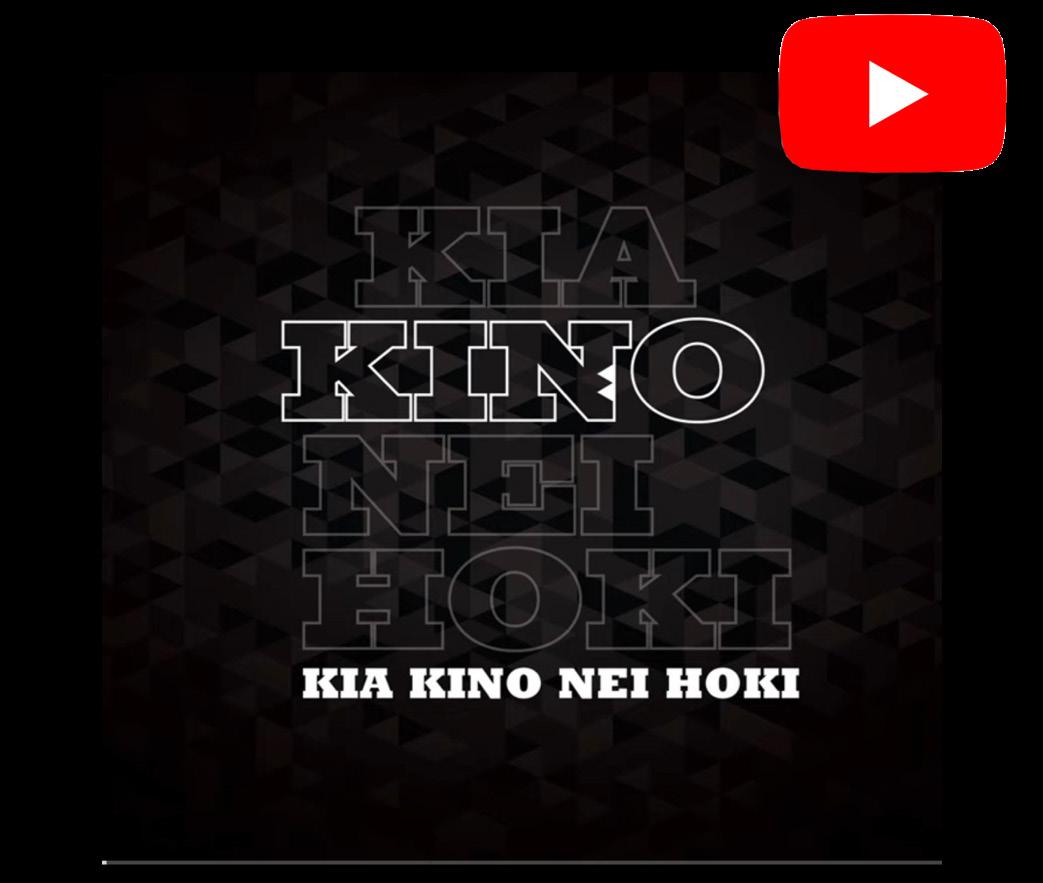
Tā Selwyn Parata, Chairperson of Te Matatini, said the waiata would help normalise the use of te reo Māori. The combined forces of Rob Ruha, Ria Hall, and 2023 National Te Matatini champions, Te Kapa Haka o Te Whānau a Apanui, have created the song in Māori, French, and English. Transcending language barriers, this waiata will be prominent for NZ rugby as they head into the Men's Rugby World Cup. Ruha said they were trying to capture the feeling of what it might be like to be a professional in the moments just before the game starts: the tension, the pressure, the game plan and the adrenaline. Similar to the feeling that kaihaka feel prior to hitting the Matatini stage, and the ihi, wehi, and wana that is expressed in te Ao Kapa Haka.
Look it up on YouTube if you want to listen to it!
A young parāoa was discovered off Te Oneroa-a-Tōhē, south of Maunganui Bluff on 3 August. Following its discovery, the tikanga of Te Aupōuri was followed and supported by other Te Tai Tokerau iwi. Tikanga was prominent in respectfully harvesting and burying the whale.
Kaumātua named the whale Waimahuru, after the location of its discovery. “Ko te mea nui ki ahau ki roto i tēnei mahi ki te kite i a tātou Ngāi Māori, i a tātou ngā tāngata whenua e whakamahi ana i tō mātou tino rangatiratanga [What’s most important to me is to see us, Māori, people of the land, carrying out our customary rights and self determination].”
Uri o Ngāti Wai Te Kaurinui Parata told One News
Niki Conrad, uri o Te Aupōuri, spoke to the loss of mātauranga regarding the whale as a taonga. "In our grandparents' time, they used to deal with the whale, but we don't have that mātauranga now because there's legislation over marine mammals and stuff like that."
Tikanga followed in terms of harvesting included:
Jawbone: The densest and most durable bone, employed in crafting tools, holding particular significance for carvers creating taonga and weaponry.
Teeth: Ivory teeth from sperm whales were historically intricately carved into items like walking stick handles, chess pieces, or piano keys.
Spermaceti: The finest whale oil, exclusive to sperm whales, historically for lighting lanterns and in Te Ao Pākehā for lubricant during the industrial revolution.
Blubber oil: Abundant oil derived from the whale's blubber, employed for illumination and soaps, cosmetics, and taonga preservation.
Skin: Whale hide, often repurposed for protective aprons or clothing.
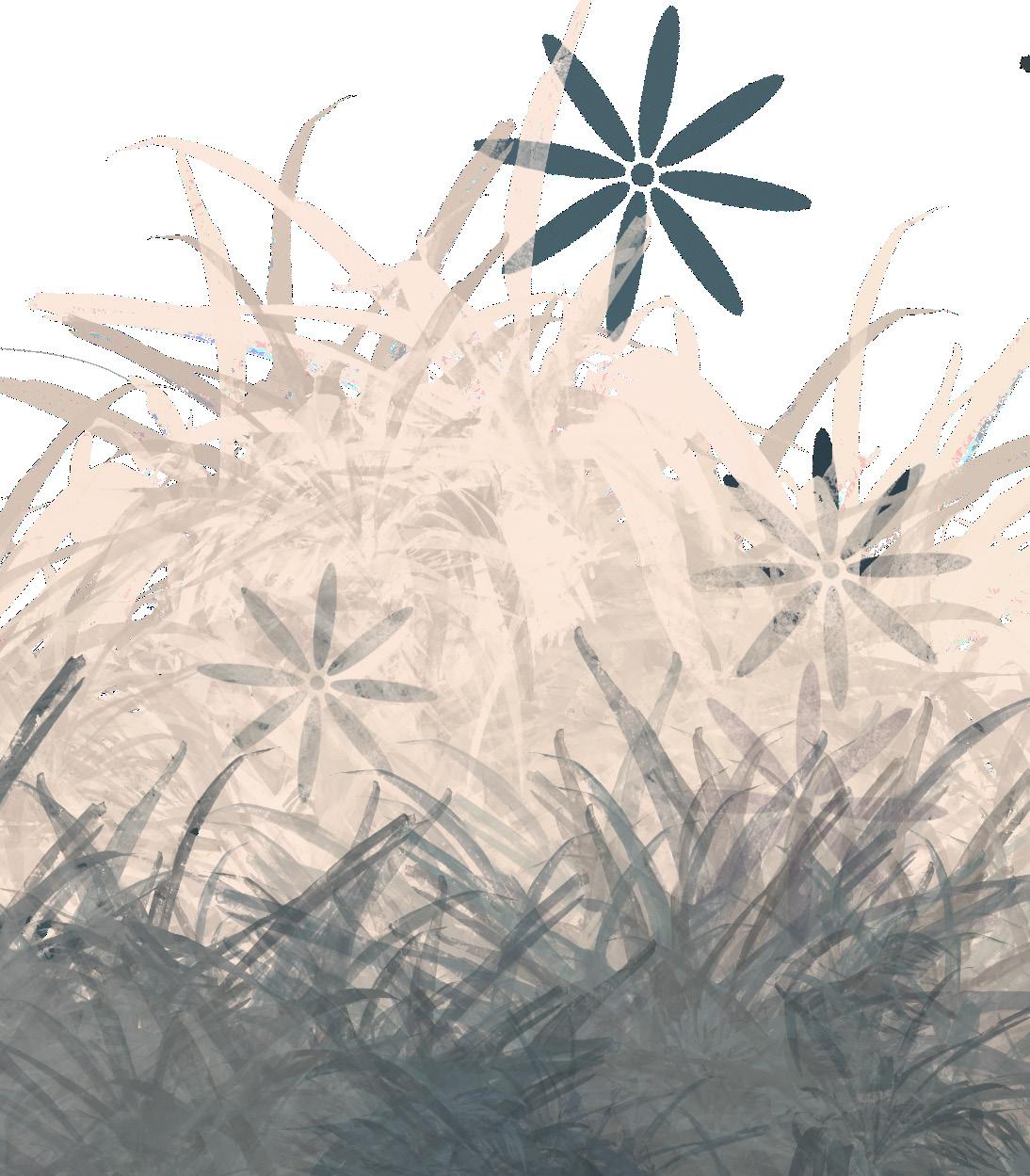
Bones: Seen as a pre-industrial era plastic.
Sinew: Used for bindings like ropes, fishing lines, and nets.
Meat: A source of kai, when fresh.
Ambergris: A waxy substance formed in the sperm whale's stomach typically expelled at sea. Primarily traded for use in perfumes, fragrances, and cosmetics by specific countries (France and Switzerland).


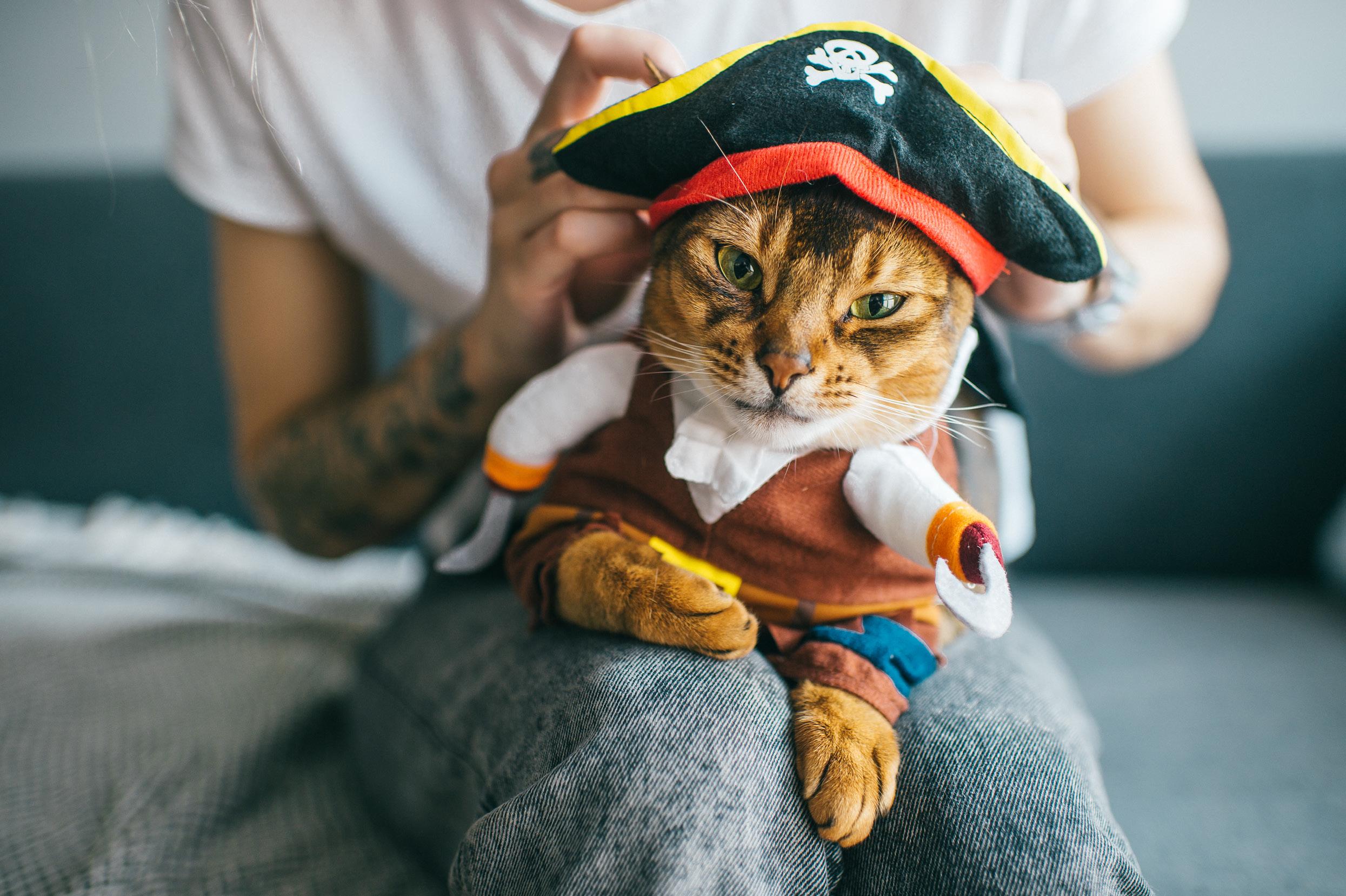
If you grew up loving people, then you show people how to love and you show people how to love you, so you only receive the same energy you give others.
Carol (she/her) I go to McDonalds and I buy my roommate a cheeseburger.


Make your spare time work harder for you - and your wallet.
- Earn up to $8,000 (before tax)

- Free WiFi, Netflix, PlayStation
- All meals provided
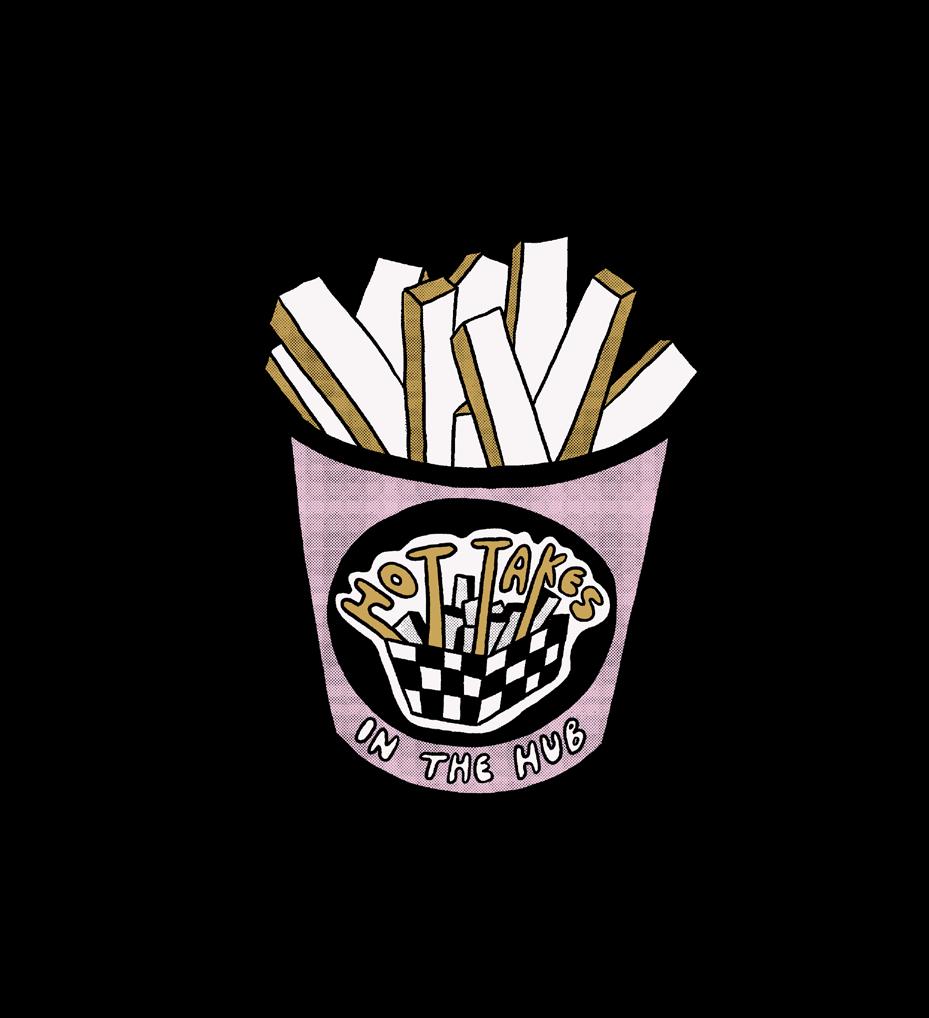
- Full health check
- Hang out with like-minded people
Get all this and more when you participate in a clinical trial with NZCR.
Our clinical trials involve an investigational drug and some study assessments.

I show it by texting my friends how much I appreciate them everyday.
we bring the dog to the office and that kinda livens up the spirit of the whole team.Cynthia (she/her; He uri tenei no Te Tairāwhiti Whanui)
After a three-year hiatus and a somewhat short lived kaupapa from last year, Te Huinga Tauira was back in full force with a five-day long gathering in Otautahi last week.
Coming from near and far, Tauira Māori partook in a number of kaupapa supposedly not centred around drinking. Contrary to popular belief, the main goal of this kaupapa is to network and not to find a Māori husband.
The Living Pā has been under construction since 2021 and needless to say, Tauira Māori are waiting on the edge of their seats for its opening. Questions about its necessity have surfaced, prompting discussions about the university's priorities. Nevertheless, the Living Pā will provide a much-needed home for our tauira Māori and support their wellbeing.
Te Hōhaieti o Te Reo Māori recently held their first kura reo at Kelburn Campus. The event ran smoothly with a great turn out from tauira and the public alike.
Step one to reo domination in a teritary institute: done!
It's election year everyone, and it's important that you get out there and vote! Your opinion is important, especially in a time where politicians are making comments about bombing whole groups of people.
You may not do politics but politics will DO you!
Enrol to vote at vote.nz
Sometimes, I spend so much time looking in the mirror trying to see you.
I make too much noise putting cutlery away and hear bracelets move over your wrists.
When my knuckles get tough from going outside in winter I don’t moisturise them. I run my fingers over the creases
like I used to rub my face against your hands and cheeks. I wish I could be you standing in your pink dressing gown
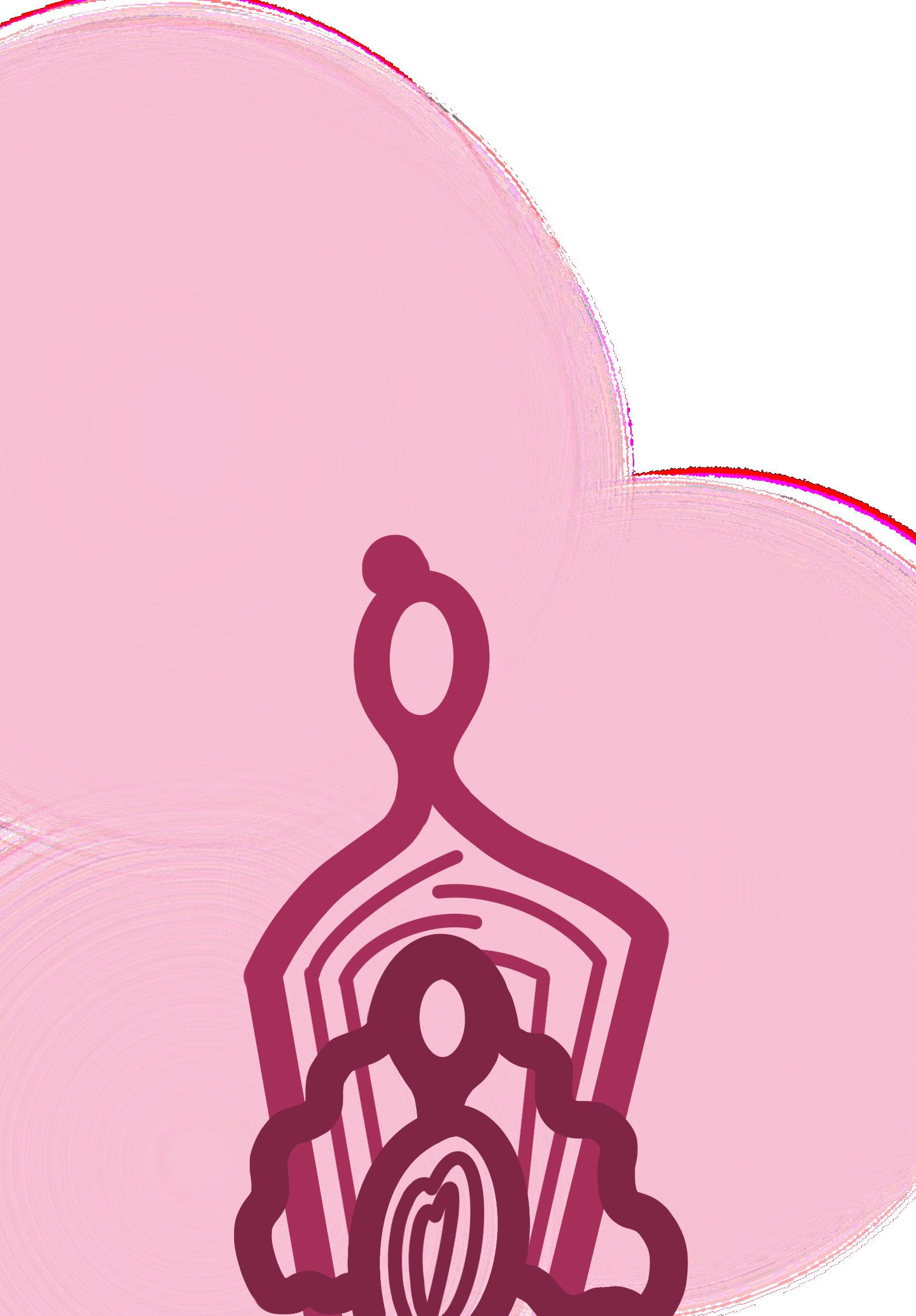
by the river and at the same time be the kid running up to you with a million questions.
If I speak from so deep inside me that I untie my tongue from fear’s grip I am as close to you as I was when you sat next to me at dinner.
All these times, I am trying, at the very least, to thank you. All these times, I am everything because of you.
Sometimes, when I spend too much time looking in the mirror I can see you.
I laugh so loudly at my brother’s stories and hear your voice echo off the walls.
When my body is able to move without getting tired I don’t stop running. I go past the dairy and cafe
like I’m showing you all the places I used to hang out. I wish I could meet you and ask a million questions
about the world you live in and at the same time sit beside the river in silence and watch you skim rocks across it.
If I think about the way you will speak I want that to happen right now. You are so close to this world when I sing or try to make things better.
All these times, you remind me who I am. One day, I hope to thank you in person.
7
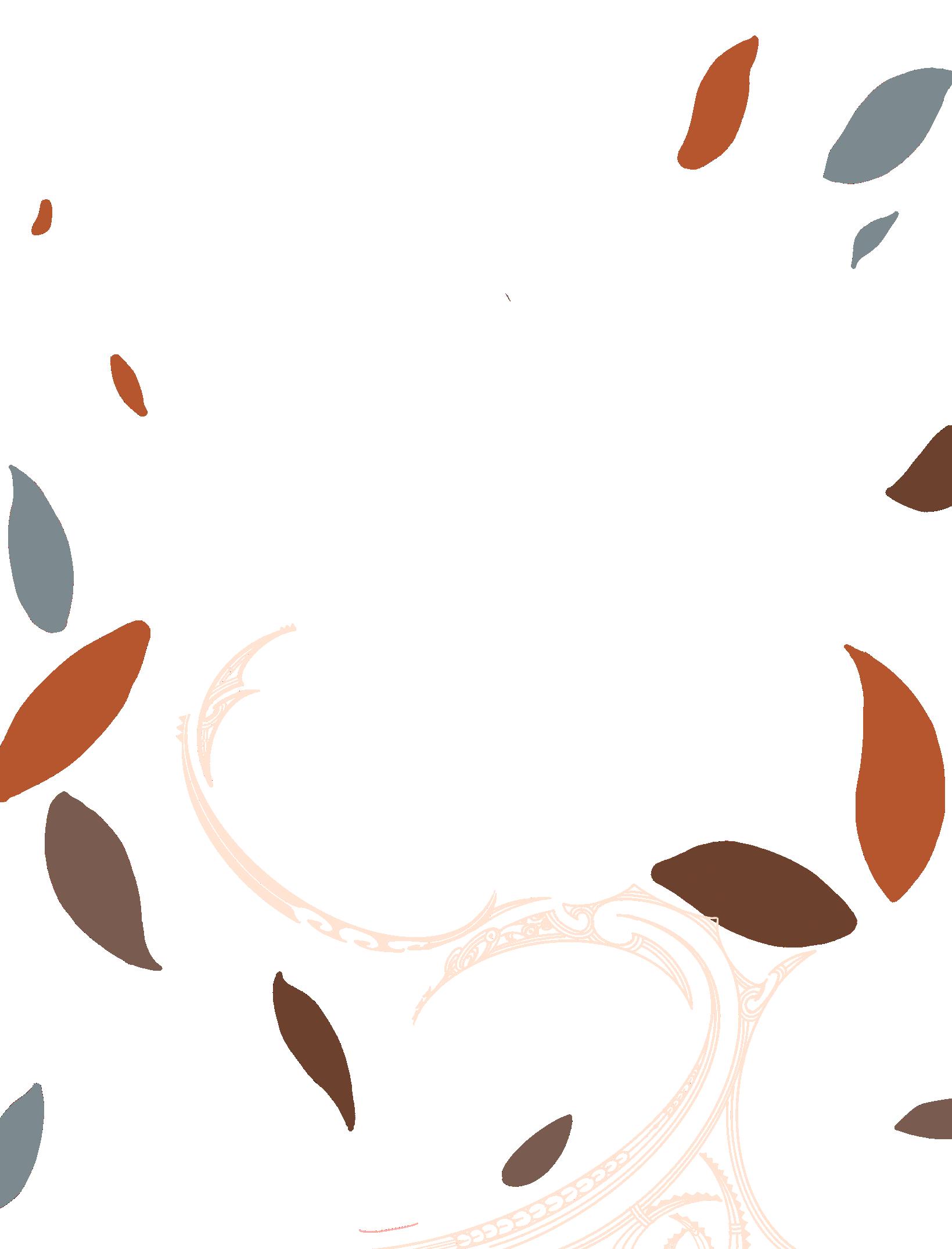
AM—7 degrees and a southerly. Hauling books, bags and rewards is a daily occurrence. The morning consists of marking worksheets and hurrying around the room attentively preparing before school activities to nurture their students. Building a class of lifelong learners. Constant movement around the classroom causes warm hands to turn on the radiator cold dark room brightened by mana.
Our first unconditional supporter geared with adaptable teaching styles to help us reach our true potential. Reward stickers on your work to encourage your curiosity and constructive comments to help you excel.
All the extra money spent on whiteboard pens and shared lunches. Time spent after school on sharpening pencils, making powerpoint presentations and laminating along with guidance given in all aspects of life.
I realise now they were more than a teacher an aunty, an uncle, a friend.
Along time ago, our tūpuna set out on a wondrous journey. They sailed on their waka in search of a new home, guided by ngā whetū and pari o te moana in hopes of reaching their destination. The buzziest part about their journey is that each waka left at different times, took different paths, and even went at different paces. Yet, they all ended up at the same destination. The story of our tūpuna's voyages can be seen as a mirror of how life can be. We all move at different paces and have other talents and journeys, whether that’s our journey with Te Reo, our studies, or just life in general. We are each on our own paths, but are heading in the same direction.
It’s just like the whakataukī; 'he waka eke noa'. We are in this waka together. There are many times in our lives when it feels like we are sailing alone at sea, fighting the current, and paddling with all that we have to give but making no progress. However, the beauty of it is we are never alone. There are always people there who are also paddling. They may be in another waka, but they're helping us to move toward our goals. Even when we can’t see them, they are there pushing us forward. Just as the whetū guided our tūpuna, there are people around us guiding us too. They are there, paddling beside us, steering us in the right direction. The knowledge and stories passed down by our tūpuna light our way and show us the path forward.
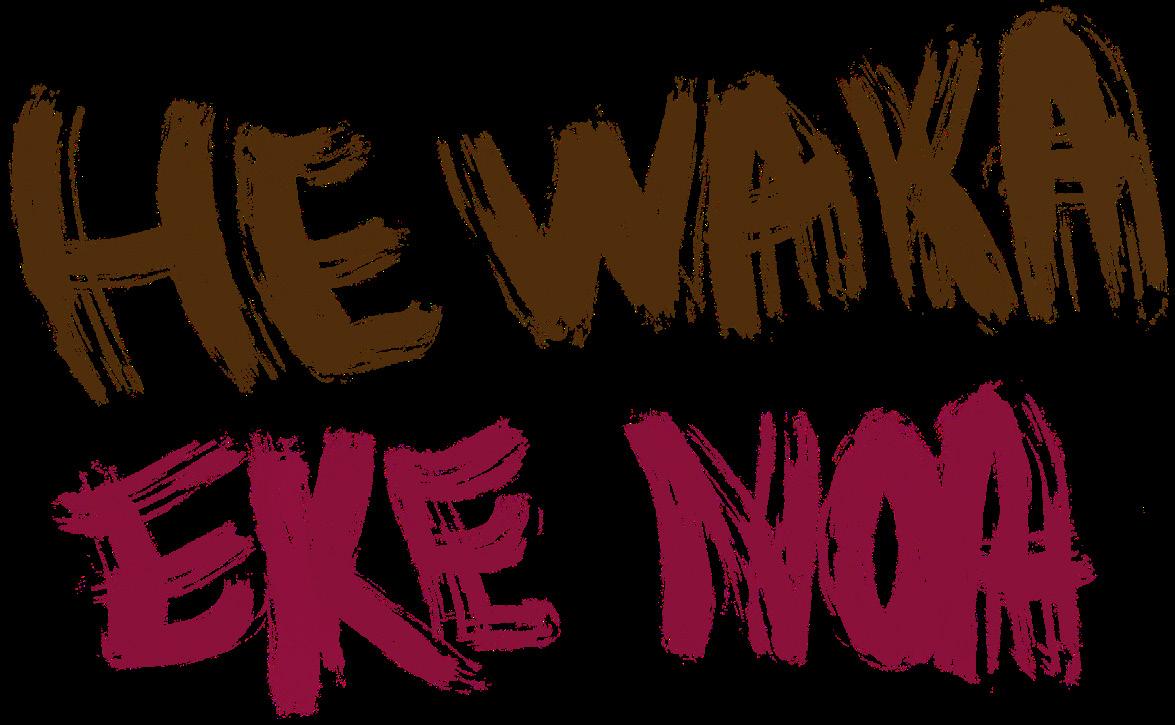
But don't forget the importance of the people who journey with us in our waka. Their love and support are the wind beneath our sails. This goes beyond the guidance of our tūpuna. It's the love and support of our family and friends, the ones who have been quietly by our side, offering support and guidance even when we don’t realise it. They are in that waka, paddling twice as hard on the days we don't have the strength to paddle, and steering the boat in the right direction when we lose our way. What is even more crazy is that for some, simply being on that journey with us is the destination they set out to find. So, as we continue to voyage across the vast moana of life, hold onto the ones by your side. Paddle just as hard for them as they do for you. Keep this unity in your heart as we navigate life's waters, guided by the whetū and moved by the love and support of those who share the journey with us.

Ōrite: identical, sameness.
I grew up in Murihiku, part of Ngāti Tahu (Kāi Tahu); despite the area's perceived Māorilessness and rampant racism, our Māori culture persisted. With just a 15% Māori population, I don't blame others for their perceptions. Being visibly Māori often requires falling into stereotypes.
I grew up separate from my iwi, hāpu, and whenua. I spent 17 years over 1000km away, missing out on marae visits, learning iwi traditions, karakia, waiata, speaking a distinct reo, and whakawhanaungatanga.
I am Pākehā. Māori doesn’t have a look, but as humans, we have bias, and people looking at me would not usually assume I’m Māori. For every piece of Māori cultural wear, koru-covered jewelry, and Māori volunteer role I take up, I have a feature more associated with my European side to match.
I’m Takatāpui (surprise to my mates). I rarely discuss my identity due to the complexity around Māori-Pākehā identity and sexuality. Navigating a Māori identity is tough without adding intersectional identities, educating others, and appropriating to the mix.
As rangatahi, our evolving social culture grants global access, but outsiders also claim authority on Māori identity, appearance, and culture, often disrespectfully.
These compounding things tend to give me imposter syndrome with my identity and bring on the 'not Māori enough' feeling. I don’t know enough reo or the right reo, I’ve never been to my whenua, I don’t know enough about iwi, I don’t 'look' Māori enough, I’m not from the right area to be culturally aware enough.
How can I have an intersectional identity with a Māori identity when I am not Māori enough to begin with? Especially when I am told this online consistently. These feelings are common amongst Māori, but they shouldn’t be. Why should we feel less than in our own identities?
We are not equal with our society. In some cases, we are not equal with each other. Yet for some reason, we let a society that mistreats us dictate what 'Māori enough' is. It's unfair to us and disconnects us from who we really are. We are not identical, but we don’t have to be, and we shouldn’t be forced into a box. This feeling and attitude forced onto us only us a further disservice. This feeling has made me too anxious to engage further in my reo, engage with Māori groups or activities, or engage with my iwi. It's made me feel like I don’t belong in these spaces and that I am not entitled to myself. This disconnects me further.
I have learnt that this isn’t right, but it's also not an easy fix or something others will fix for me. I want equality and equity, but I must take action if I want to give that to my true self right now. I need to acknowledge that despite all that I have mentioned, I still know my reo, my tikanga; I had my Māori community in Murihiku, and I was a kaikaranga, a kaitiaki of our kapa haka rōpū. I know our kōrero, our celebrations, and I work in multiple positions that support and uplift our people and culture, but most importantly, I know my blood, my whanau, my tūpuna, and I can feel it. To truly engage with me, I need to afford myself the luxury of equality and accept that I am enough, just as you are enough, just as we all are enough despite every difference, despite every way society says we aren’t.
Ōrite: equal, similar.
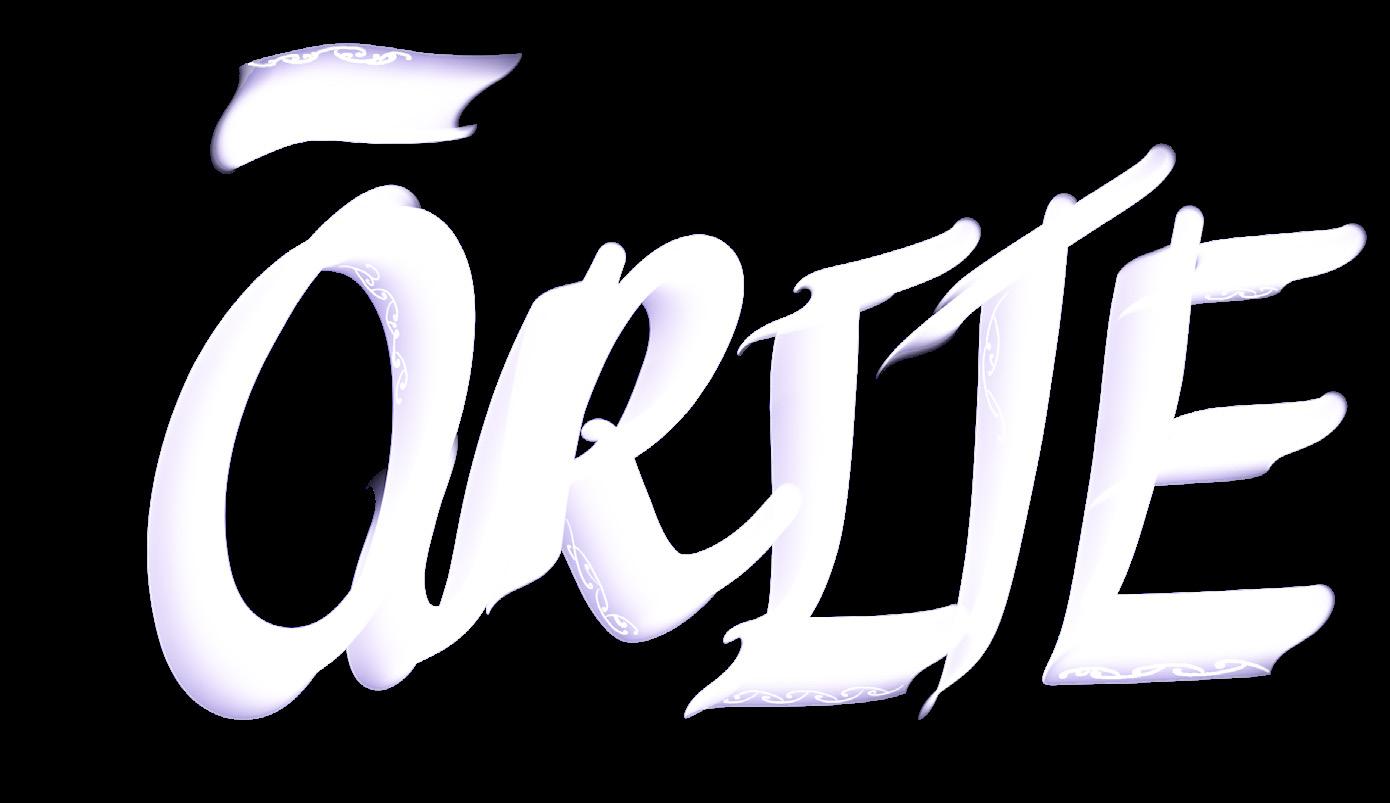
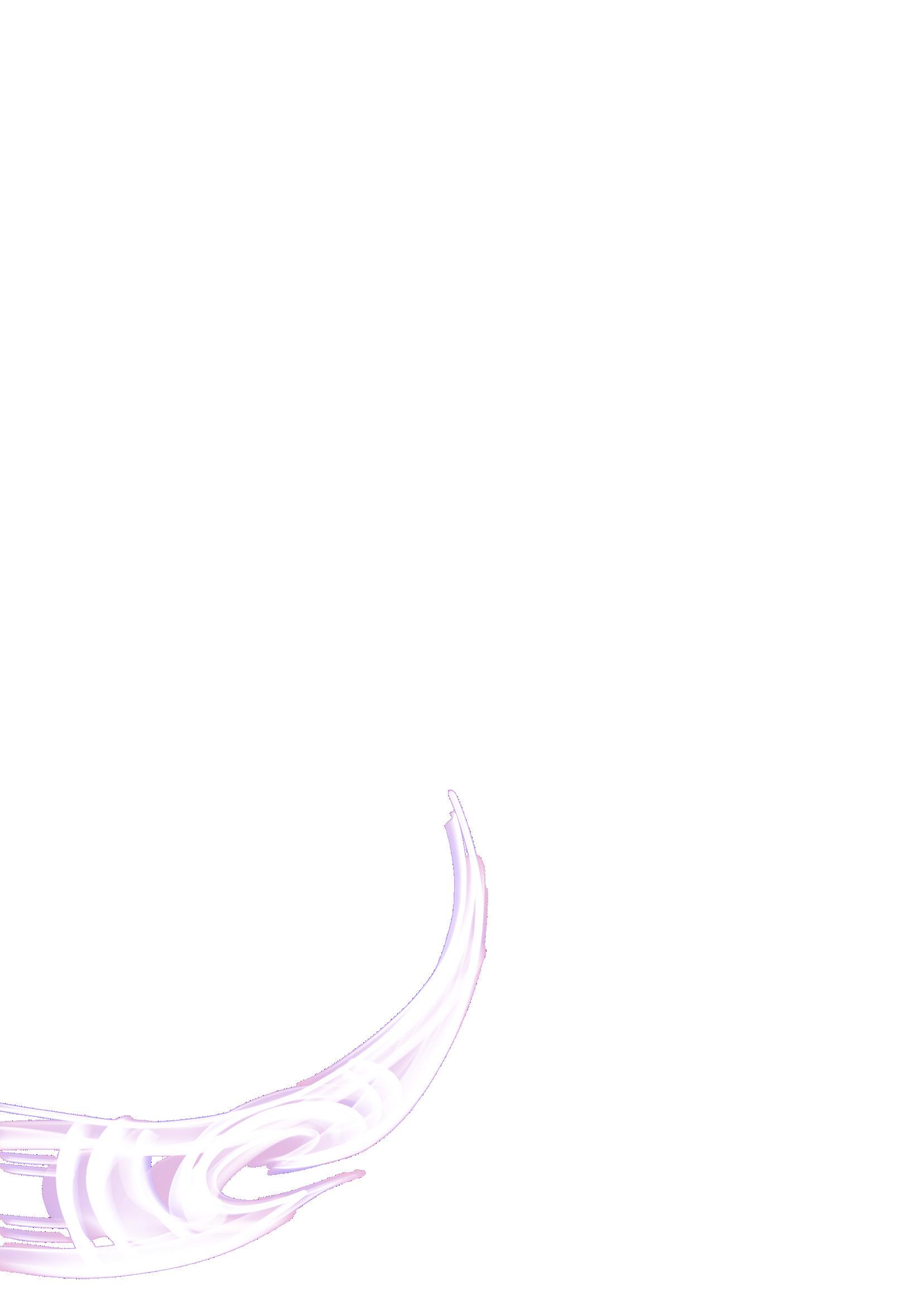
Words by Mana Hokianga (he/him; Te Ātiawa, Ngāti Kahungunu)

Ko Maatai Moana te maunga
Ko Te Au a Taane te wahapuu
Ko Paraa te roto-kura
Ko Ngāti Tawhirikura, Ngāti Te Whiti, me Te Matehou ngā hapū
Ko Te Ātiawa no runga Motu Kairangi
Let me show you how I appreciate my whakapapa by speaking about it.
Within the vast and uniquely beautiful takiwa of Te Whanganui-a-Tara, lies a suburb that's oddly rich in culture—Motukairangi, a place that captivates visitors. This enchanting locale, known as the Miramar Peninsula, offers a diverse blend of landscapes, history, and creativity, making it a microcosm of Wellington's unique charm.
Motukairangi was once a rich, pristine landscape with all different types of fibrous native plants and native wildlife, and has been home to many different iwi and hapu.
Many tribal groups descended from illustrious ancestors have occupied Te Whanganui-a-Tara before us Waitahā, Te Kāhui Tipua, Ngāti Mamoe, Ngāi Tara, Rangitāne, Kāi Tahu, Ngāti Kahungunu, and Ngāti Ira. All of these iwi Māori also have ancient genealogical ties to our founding tūpuna: Rauru and Awanuiārangi we are all “Te Whānau a Toi Te Huatahi”.
However, perhaps the most captivating aspect of Motukairangi is its artistic and creativecommunity. Miramar has gained international recognition as the "Wellywood" of New Zealand being home to the innovative Wētā Workshop and Wētā Digital,
known for their contributions to blockbuster films like The Lord of the Rings and Avatar. This creative influence has spilled over into the local culture, giving rise to independent cinemas, art galleries, and eclectic eateries that cater to every palate and preference.
In conclusion, Motukairangi is the essence of Wellington's allure—a seamless fusion of nature, history, and creativity. Its breathtaking landscapes, historical significance, and vibrant community make it a testament to the city's multifaceted character. Whether seeking manaakitanga, historical insights, or artistic inspiration, Motukairangi stands as a testament to the beauty and diversity that define Wellington as a whole.
Footnote:
The iwi that make up our conglomerate are the Te Ātiawa confederation of Ngāti Tama, Ngāti Mutunga, Ngāti Maru and Te Atiawa, Taranaki, Ngā Ruahinerangi, Ngāti Ruanui, Ngā Rauru.
What does it mean to be part Māori, having grown up in a Pākehā environment? This question has troubled me in recent years as I have begun to navigate my identity, attempting to visualise where exactly I stand in the world.
Ko Tainui te waka
Ko Wainui te awa
Ko Kapuārangi te maunga Ko Ngāitai te iwi
Ko Tōrere te marae
Through my mother, I am of Māori and Scottish descent, while I am of Pākehā descent through my father. Despite growing up in Aotearoa, surrounded by my mother’s whānau, I lacked any solid connection to Māori culture in my youth. My childhood shaped my understanding, or rather lack thereo, regarding tikanga. I went to a very Pākehā school that did not offer any te reo classes or Kapa Haka. In general, there was very minimal education surrounding Te Ao Māori.
For most of my life, I have carried an inherited feeling of immense disconnect. It stems from my mother’s own experience as the descendant of the generations that were directly affected by the laws banning te reo Māori. My grandfather never passed down the reo and tikanga to his tamariki; instead, they had to seek out their culture on their terms, and each of them did this in different stages of their lives. Now I, too, seek out that knowledge.
As I got older, I became increasingly aware of how little I knew, which evoked a flood of insecurities, shame, and fear. Despite my attempts to learn te reo and increase my knowledge, I have still felt unsure of whether I could claim to be part of a culture that I knew so little about. I unknowingly subjected myself to stereotypes regarding what it means to be Māori, and my fears fed the belief that I could never truly belong. I thought I was alone in this internal conflict of identity. Still, as it turns out, many multicultural people face the same dilemma, often rooted in the after quakes of colonisation. It cannot be easy to know where you belong when society wants to define and label or place you in a box.
But navigating your identity is an enduring process that I like to relate to finding one’s Tūrangawaewae: a concept that defines one's sense of empowerment and foundation, providing them with a place to stand. It is an internal reflection of our security and comfort within who we are and where we come from. Tūrangawaewae can be a place, person, feeling, home, or anything that connects you to your whakapapa.
While I am still searching for my own Tūrangawaewae, I have learnt that part of embracing your culture and identity depends upon your strength to disregard that which seeks to limit or define you. It is never too late to reconnect, start your tikanga journey and begin learning the language of your ancestors.
So, if you are also feeling lost in an ocean of unknown and uncertainty, I encourage you to continue staying afloat in the hope that one day, just like our ancestors, we will find a more certain shore, because there is a place for you to stand in this world.

Nau mai e ngā kaitiaki o te matauranga, ki te whakarauika i nga whetū o te akoranga, ka whakarangatira, ka whakanikotanga i te huarahi mātauranga mo āpōpō. Ko te matauranga he puāwai whakapakari, he hua whakatupu i te hinengaro, hei rangatira i te ao e whakapau kaha ana ki te whakarauika, ki te whakarangatira i te hunga whai whakaaro.




This article is to show gratitude for our Māori lecturers. Having just finished my degree, I have been reflecting on those who pave the path for us to achieve our tohu and how we ought to express our gratitude to them more frequently. I will talk a bit about some key lecturers and tutors I have had below, and also issue us a challenge going forward for how we might show our lecturers gratitude more frequently.
Annie Te One was one of my first lecturers at the university, and Te Nia Matthews tutored me in her papers. They were bastions of the whakaaro that e kore koe e ngaro; he kākano i ruia mai i tō tūpuna. They taught us the work of Māori, past and present, in upholding our rights, and taught us how to wānanga about the present risks to those rights.
Awanui Te Huia, Matua Mike Ross, Vini Olsen-Reeder, and Karena Kelly taught me te reo. Awanui taught me the possibilities. Matua Mike taught me and introduced me to the possibility of being relaxed when learning, as well as some new aspects of Waikatotanga. Vini not only taught but also created opportunities for us to use our skills, gave us experiences, and showed us what jobs were out there and encouraged us to pursue all that was available. Karena taught me that te reo had taumata beyond the university, and challenged us to aim for greatness.
Carwyn Jones, Māmari Stephens, and Luke Fitzmaurice were my Māori law lecturers. Nopera McCarthy and Riana Te Ngahue were my early-year Māori law tutors. They provided breathing room in papers filled with material that hurt the heart, and they brought to us examples of what Māori can achieve in the law: in legal academia, in the courts, in communities, and in Parliament. Luke let me know when the job I have now was advertised and told me to give it a go when I thought I had no chance of getting it.
Our pūkenga Māori are often taken for granted, and only when they leave do we realise just how much we relied on them. Pūkenga Māori are torchbearers of knowledge, delving deep into the recesses of our histories and our present realities. Their influence extends beyond textbooks and lectures as they take up roles required for pōwhiri, tangihanga, karakia, and haerenga.
However, despite recognising this, as students, we do not always show the same respect to our pūkenga Māori as other teachers, perhaps brought on by an expectation of heightened pastoral care or an easier path to success than other lecturers might give you. Nā tēnei hē, we can easily overlook the diligence and rigour required to excel in the disciplines taught by pūkenga Māori.
E ea ai te werawera o Tāne tahuaroa, me heke te werawera o Tāne te wānanga. To properly acknowledge the cooks' efforts, we need to put effort into learning.
"Gratitude is not saying thank you for the extension, but rather it’s submitting the best work you have done all Trimester. He wero ki a tātou, let's show our kaiako gratitude by giving the same effort they give us".

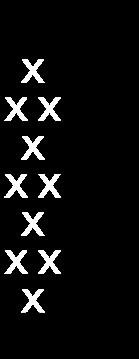
He aroha mai, he aroha atu.

To my whanaunga from different maunga,
Do you remember how stupidly young we were, chasing the sun, always wanting to be outside at night, now we can barely muster enough energy to make it to town let alone get our plans out of the group chat? Oh, how old we’ve gotten (we’re 19).
Do you remember the different spots we’d run off to in our explosive hometown, how tired we’d be in your parents' cars after kapa haka, and how loud we’d laugh in class, except now we’re trying not to giggle in the back of our reo lectures? Time has gone by too fast.
Time has gone by far too fast. We’re making friends together, we still share the same $20 we’ve had since forever, and instead of wagging class, we’re simply driving past uni to talk madness at Oriental (we go to class though, pono!). There’s a lot to appreciate in Te Ao Mārama, A LOT, and it can range from finding that matching sock to seeing the sun shine brightly or skipping your lecture to having a mandatory tea sesh.
I appreciate a lot in Te Ao, and whilst there isn’t any competition or anything I appreciate more or less than, I can fearlessly say I’m forever indebted to my friends. For the laughs, for the subconscious wisdom, and for always letting me raid their cupboards. Best friend soulmates exist, and I know because they just won’t leave me alone.
Sure, they can be so annoying, and we can bicker back and forth about what we think people from our old schools are doing now, but knowing that we mutually have each other to rely on is so comforting. I will, without a doubt, always and always appreciate them for giving me that space, a space to be filterless and a tad bit delulu.
If you have friends as I have, you truly do stop and stare, admiring how lucky you’ve gotten sometimes I stop and stare at them and think, ‘this MF is one of the smartest, dumbest people I know’ but you get the point. It’s all love until they make your vape blink.
And if you don’t have friends like I have, I cannot emphasise how much I am manifesting this space for you.
A final note to my whanaunga from a different maunga, send me $20 please, and I appreciate you, ao noa po noa <3.

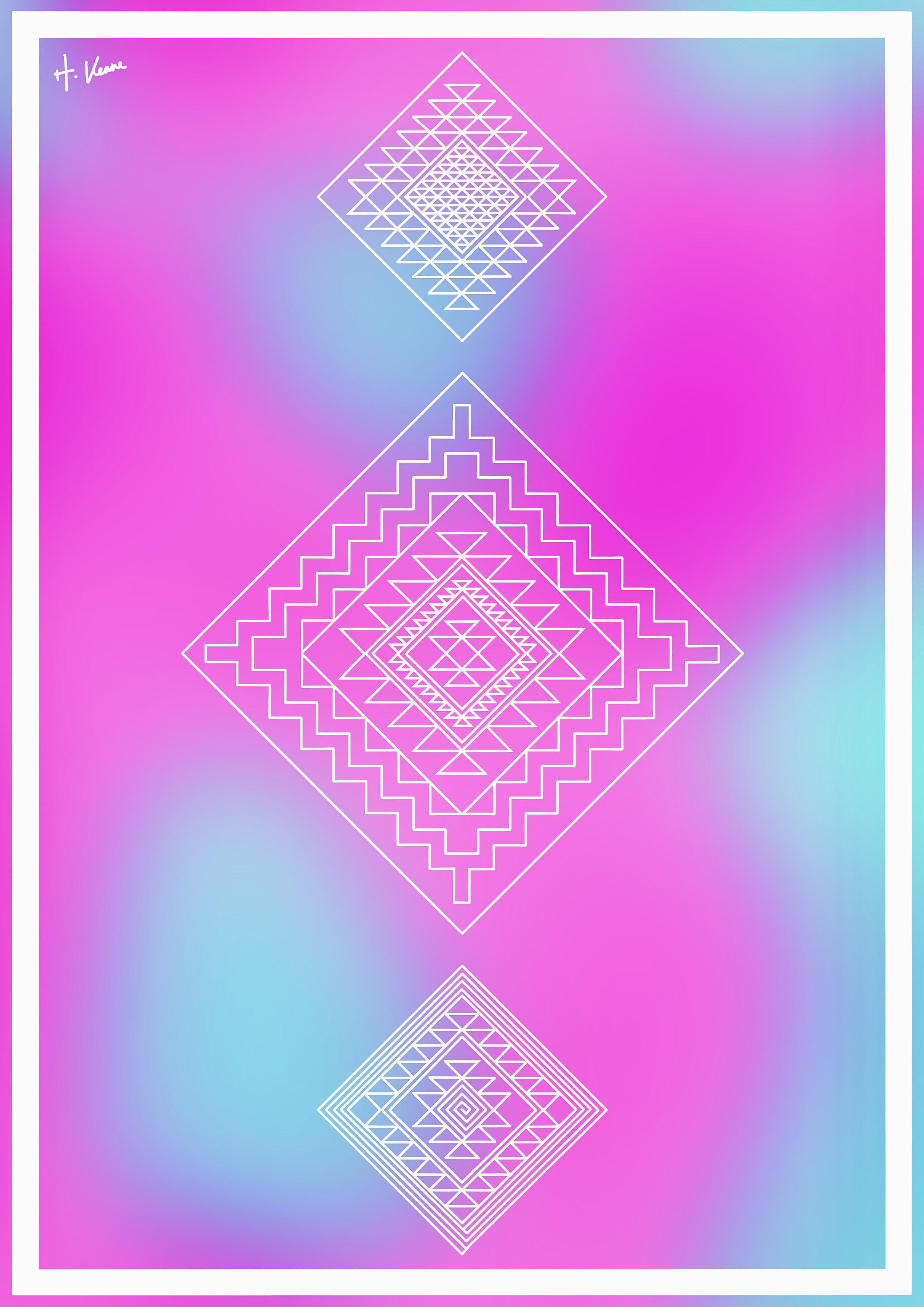

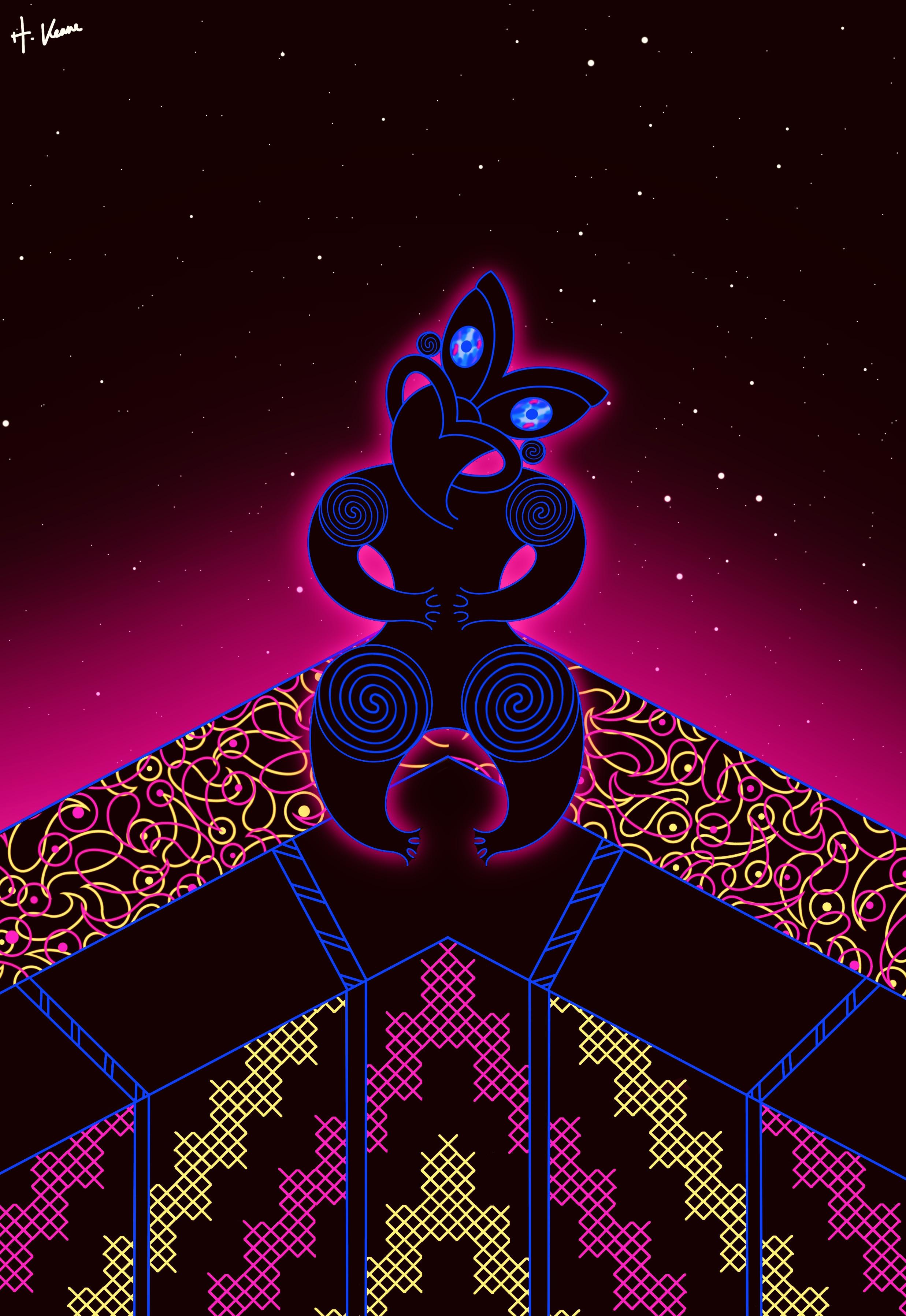
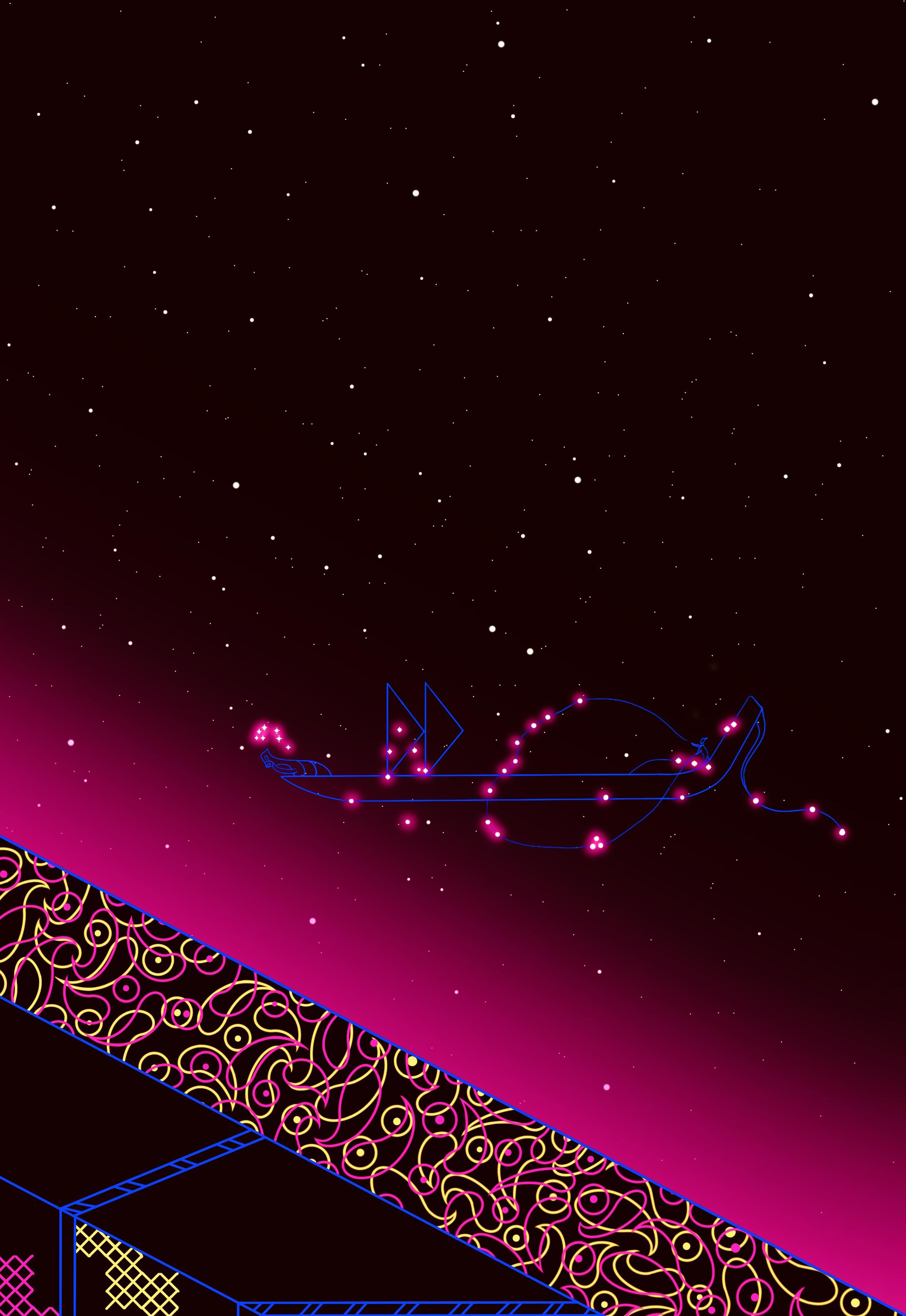
There are many appreciative waiata out there. Regardless of whether you agree or disagree, these are for sure on top. Most of these are by those who are thankful for a significant other, whether that be whānau, iwi, tāngata, tūpuna, partner, etc. This is shown through various ways of beautiful poetry and elaboration of words, mixed with deep emotions of love, appreciation, gratefulness, and all that. Especially in waiata reo Māori, we hear those who are in deep pain or love for theirsignificant other. Even your iwi anthems show aroha for wherever you're from.
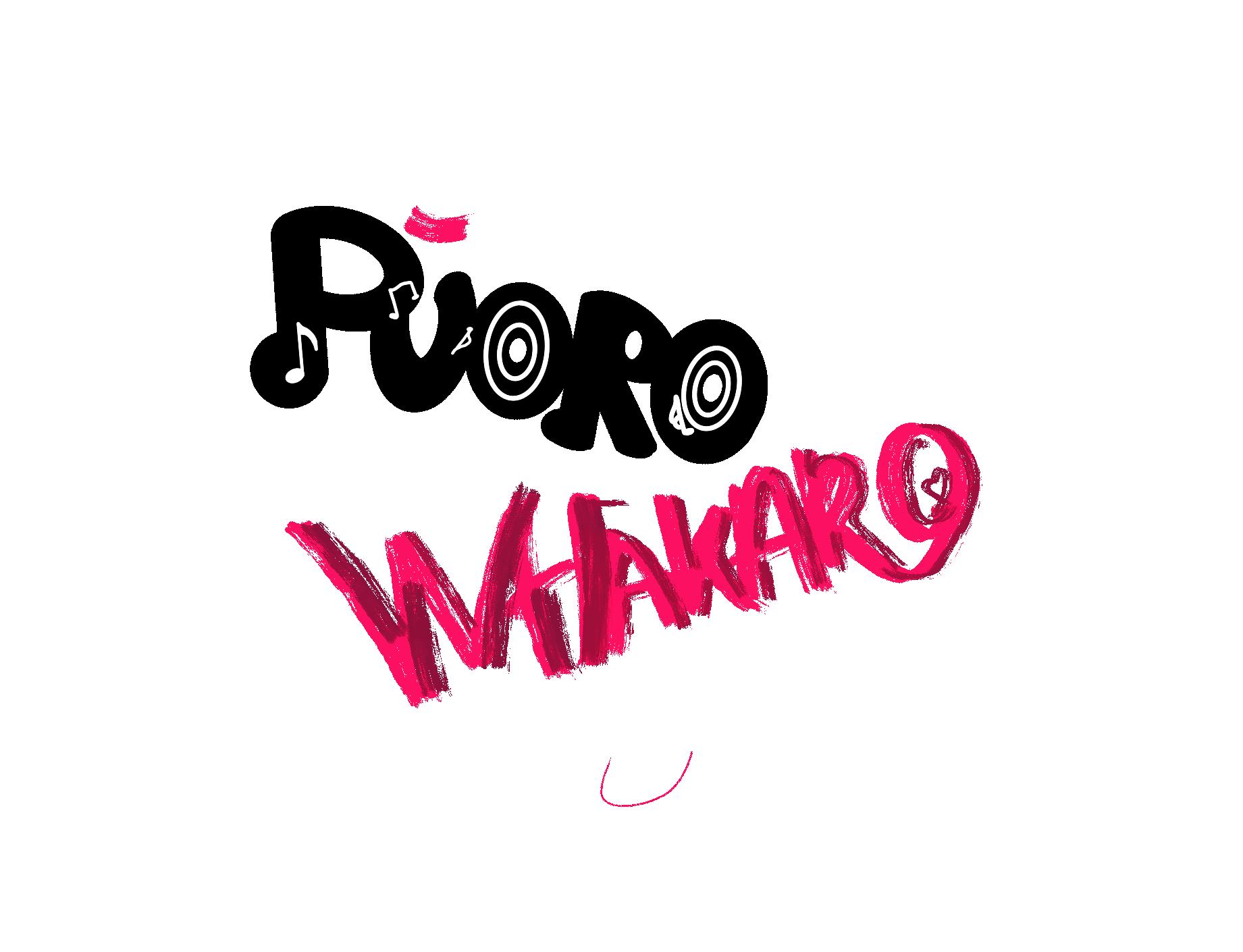
No matter how far you may be in your te ao Māori haerenga, I hope this is a waiata all Māori can relate to. It is appreciative, as it depicts all Māori being proud of who we are, and grateful for our tūpuna who have gone before us, fighting their way to allow us to be where we are today. It's like writing a journal piece in te reo Māori, written and supported by Māori, and from those all around the motu. This waiata speaks for itself; we should all appreciate and be proud to be Māori.
This is my fave waiata Māori for sure. It’s called 'Haere mai ki ahau ki Maniapoto' by Doug Ruki. This is a well known waiata by people because it’s up there, and Maniapoto is up there as well. This talks about returning to the Maniapoto region but also it is said this talks about the journey of Maniapoto and others from their home to Ngaherenga; also mentioning Te Nehenehenui boundary. These whakaaro show appreciation to our iwi, land, rivers, people, and Maniapoto identity. For me, I was helped by these waiata because it helped me learn about our stories and important places. Overall, I really appreciate this waiata, it is very on. It is my goal to learn all of the Maniapoto waiata, and you should too!
Tuarua: 'No Roots' L.A.B
In te ao Māori, whakapapa is our connection and indicator of being Māori. Without whakapapa, our culture would not be as strong as it was or how it is today; this is highlighted by L.A.B in 'No Roots'. No root, no culture. Appreciating our roots and culture plays a huge part in identity for Māori, such as waiata, haka, and tikanga. It is not only appreciating the present, but our past being our tūpuna: those who have gone before us and are our whakapapa to being Māori. Appreciation of our roots is also shown for our whenua and awa such as the "tōtara tree" and connection to the awa as a child, showing our strong relationship to te taiao. This message should be kept with everyone, not only Māori. He tino powerful.
This song is a more popular one. Part 1 showed how great of an artist J. Cole is. This one being such a ātaahua song, an audio hug couldn't be a better way to describe it. Summer Walker's return from her pregnancy is the main reason for the writing of this song. It is J. Cole, in a way, admiring, thanking and congratulating her for being who she is in her (SZA hoki) mana wahine and what she has accomplished. Despite those days of feeling alone and all the hard times she has been through, we are appreciative for all Summer Walker's mahi put into her music.
'To Zion' is her appreciation for the birth of her son, Zion. Like J. Coles 'She's Mine Pt. 1' relating to his daughter, Lauryn goes through her overwhelming time having a child as a wahine in the music industry, having been told to choose her amazing career or her child. She decided to have both. Her joy now is in her son, Zion. Her song goes over how amazing it is to have Zion in her life and her gratefulness for him and the man above. This waiata shows appreciation from Lauryn Hill to Zion and how her joy of life has now been put into her child. This is something to take away from this waiata and something I hope we can all experience, having joy and showing appreciation towards your children.
Tuaono: 'Know That You Are Loved' Cleo Sol
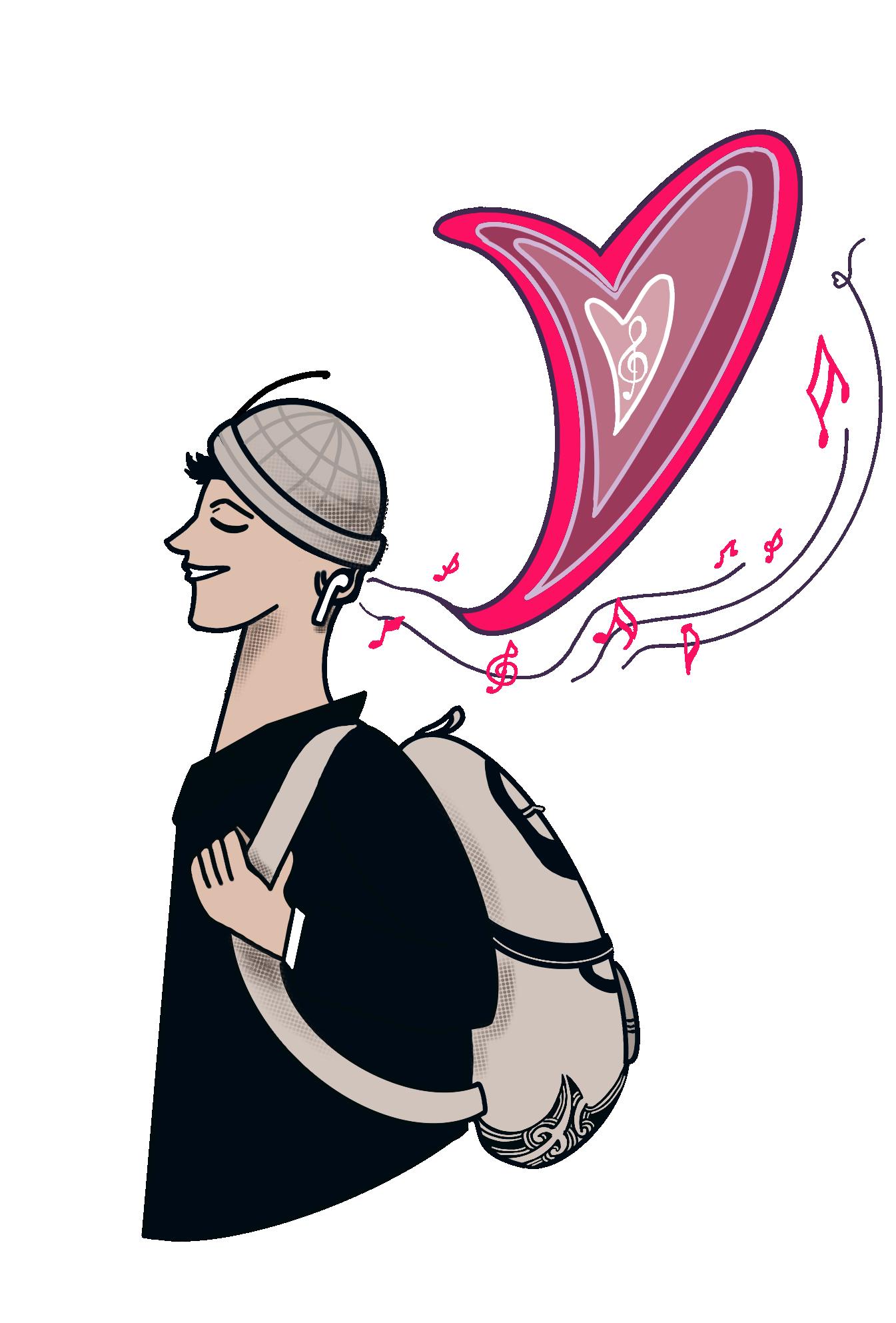

Ms Cleo Sol couldn't have made a more rawe song than 'Know That You Are Loved'. The appreciation aspect of this song is more related to self-appreciation. Not only this, he tino peaceful, calm tēnei waiata. Knowing that even when you feel you aren't happy with yourself or appreciated by anyone, you are loved. It's important we keep these whakaaro in mind and we understand ourselves for who we are despite other people's whakaaro. This kōrero is repeated throughout the waiata, and the main take of this is to repeat this whakaaro of appreciation with you. There could not have been a more beautiful way to emphasise this message.
Tuawhitu: 'I Found My Smile Again' D'Angelo
Appreciation must be given to all of these artists. One in particular that deserves recognition for their waiata is D'Angelo. This song, 'I Found My Smile Again', brings such a positive wairua and is appreciative toward the person who has put a smile on his face again. Despite being unsure of how his person is making him feel this way, it's something that he has been longing for and is thankful for, wanting for these feelings to continue. This song is about love, whether it's something you enjoy, a hobby, a physical object, or whatever puts that smile on your face and brings you happiness. We must appreciate and be grateful for it. This whakaaro is a way to help you enjoy things in life even more and be grateful for where you are right now.
"Te torohanga o te whenua"
"Te

Iknew when I accepted the job that I was a token Māori hire. I naively hoped that I wouldn’t be that I could make my role and my mahi matter, that I would be able to create impact and change that aligns with what Māori have been asking for (like basic respect and equality at the bare minimum). But I’m now nine months into a should-be dream job, feeling burnt out and fragile from the workload of trying to battle a culture and system that inherently excludes, ignores and disempowers Māori. This is NOT a new or unique experience. It is such a common occurrence that this could be the same story you hear from your mum or your mates over a cup of tea and tears after a hard week at work.
Truthfully? I’m worried. We are the incoming generation of indigenous resistance to the workforce, and it is a terrifying landscape to navigate. If this experience of burnout, fatigue and racism is so common amongst kaimahi Māori where are the how-to manuals on how to survive this? How do we keep ourselves safe? How do we keep from burning out so early in our careers? I don’t want to stress and depress people before starting out in our careers, but I do want to take a moment for us to acknowledge the battlefield that we’re stepping onto. I want us to be prepared: to recognise and articulate the symptoms of systemic oppression, but also to identify the ways in which we can protect ourselves within these contexts.
In our eagerness and ambition to decolonise, reclaim space, enable mana motuhake, and hold colonial institutions to account , we will find ourselves in hostile environments where we might often be the lone voice of dissent. If anything, let this be a love letter to you on that journey.
There are so many well-meaning people who recognise and acknowledge inequity and come to the table with the best intentions to support the kaupapa. We can’t always trust that these good intentions will follow through to action. Pākehā people are often supportive, but rarely have had to interrogate their own power, authority, and privilege. Sometimes, their fragility, ignorance, and reluctance to compromise will shoot down any good intentions that supposed allies can have. Lean into these allies with good intentions where you feel you can, but be cautious not to lean too far.

If you hear people describe you as ‘angry’, ‘negative’, and ‘too critical’, or if every time you bring up kaupapa Māori it turns into a performance review about how you’re not meeting THEIR expectations chances are pretty high that you’re experiencing a form of racism called microaggression. Please don’t be fooled by the term ‘micro’ it’s aggression, just a gaslighting version. Just because these microaggressions are more subtle, does not make them any less violent. These acts of racism are insidious because they are subtle and sneaky. Learning how to recognise them and how to articulate what these micro-acts of violence are can be critical for your mental well-being. I personally like to take my list to therapy or brunch with friends (A.K.A. group therapy) to laugh, cry, and vent. It’s helpful, particularly in addition to point #4.

Te Tiriti o Waitangi is an essential legal tool. Regardless of personal critique we might have of it, understanding this document is critical because it is one of the very few explicit tools that we have to defend ourselves and our rights as Māori. Research and understand the document,

the discourse around it, insights from Waitangi tribunals, and how it is applied legally, and across different sectors and industries, on a governance level down right to daily operations. Understanding these concepts will enable you to hold our organisations to account and give you legal precedence and evidence to back recommendations you might make for Māori. We have to be savvy enough to code-switch in effective ways legal and academic references to elevate our attempts to hold organisations accountable makes our positions stronger.

Keep a paper trail of dates, names, and descriptions of conversations and experiences that feel racist. This includes any recommendations you make for kaupapa Māori initiatives that go primarily ignored, giving written feedback and signalling evidence of why decisions may be inappropriate, asking managers for written reasons why they do or don’t follow recommendations Keep a record of all of it. Effective record keeping can keep us safe when people become threatened by our advocacy, and our records can become a protective measure for ourselves, as well as an opportunity to hold others to account. Sometimes, the only power we have in the workforce is the ability to hold people accountable even if it is only to you.
As we work up against mammoth challenges that are mentally, emotionally, and spiritually exhausting, we have to learn how to look after ourselves so that we can sustain our progress towards change. Some things I’m learning include:
Picking three things to focus on: You will be pulled in so many different directions, and this will exhaust you. Pick three priorities to focus on and learn to say no
Finding respite in your community: Gather with your people (whoever they are) as often as you can.
Doing the things you love: We bring our strategic mahidog energy to work, but we also need to make sure we nurture our spiritual, creative, and physical sides as well. Think: whare tapawha holistic hauora vibes.
We’re coming into this space with a powerful, tangible whakapapa and legacy of resistance, advocacy, and asserting tino rangatiratanga. One of the most beautiful traits I often see amongst our generation is this insatiable fire this energy that refuses to accept inequity and inequality as acceptable forms of treatment. People will resist. They’ll fight to silence you and disempower you. There will be times when you will feel (or be made to feel) crazy and insane for your advocacy, for being frustrated with systemic violence, and for refusing to settle for bare minimum efforts to change. But even if the journey feels lonely and isolated: you’re not alone in the pursuit of mana motuhake.
We have your back & we’re in the trenches with you, kare. Keep fighting.
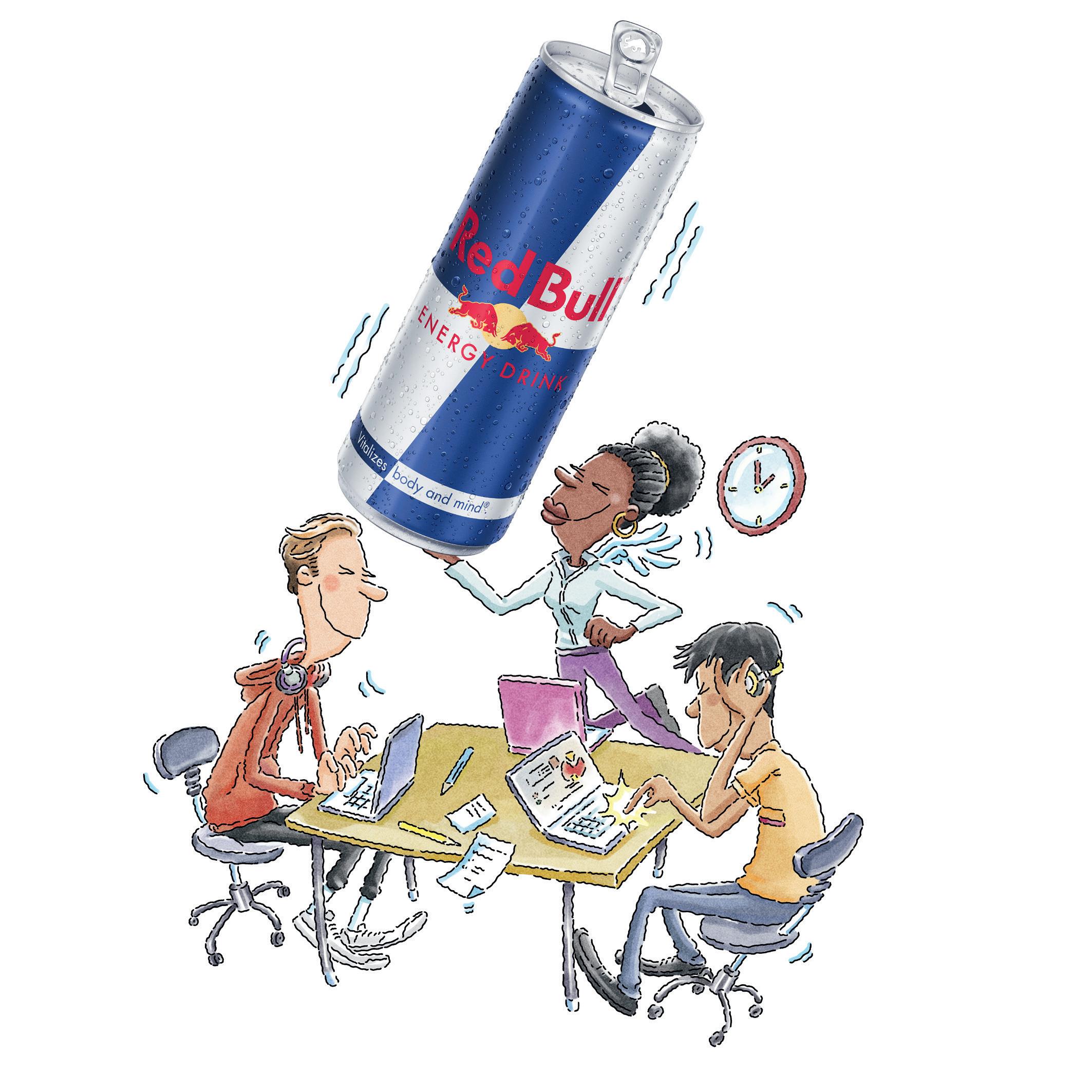

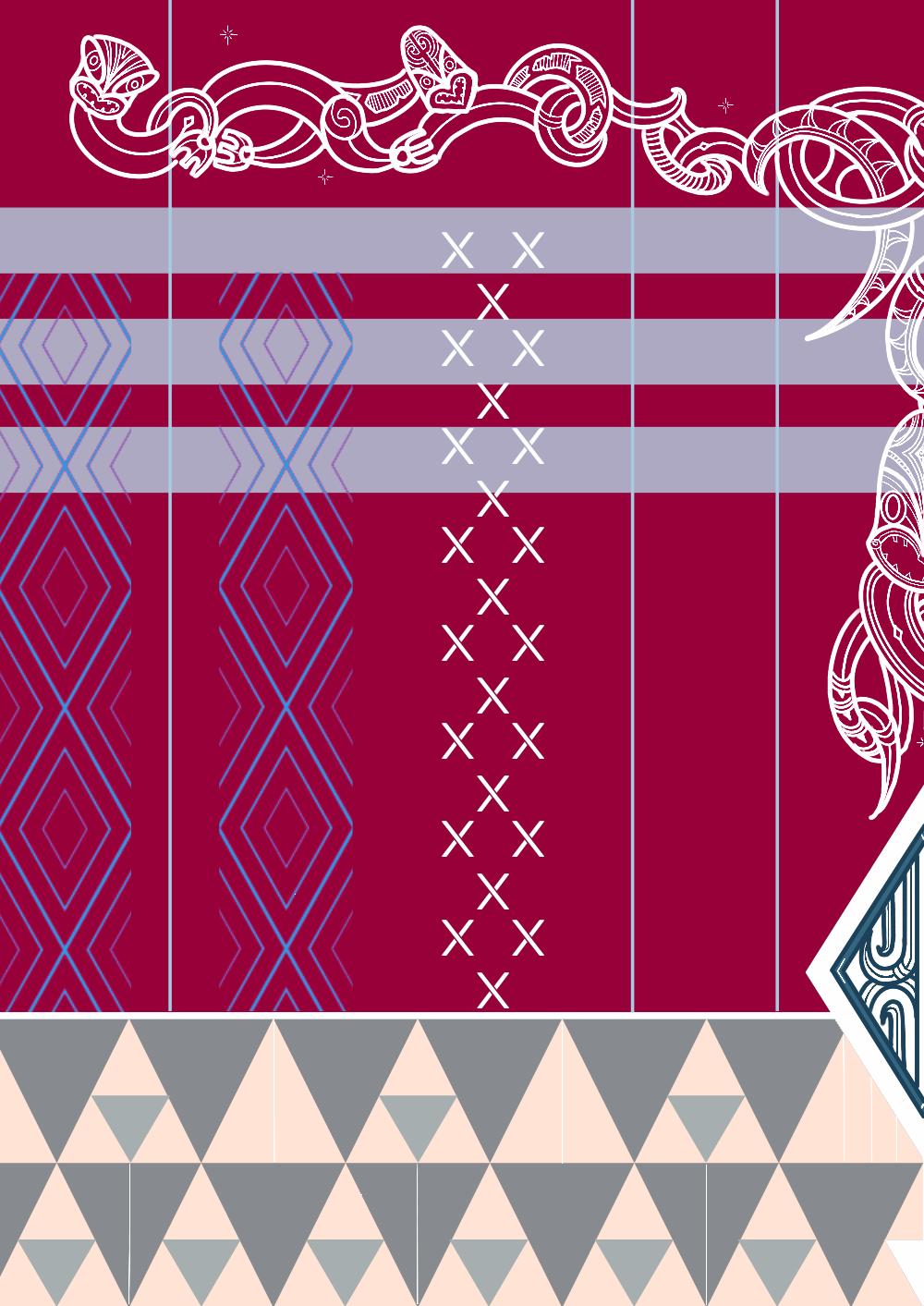
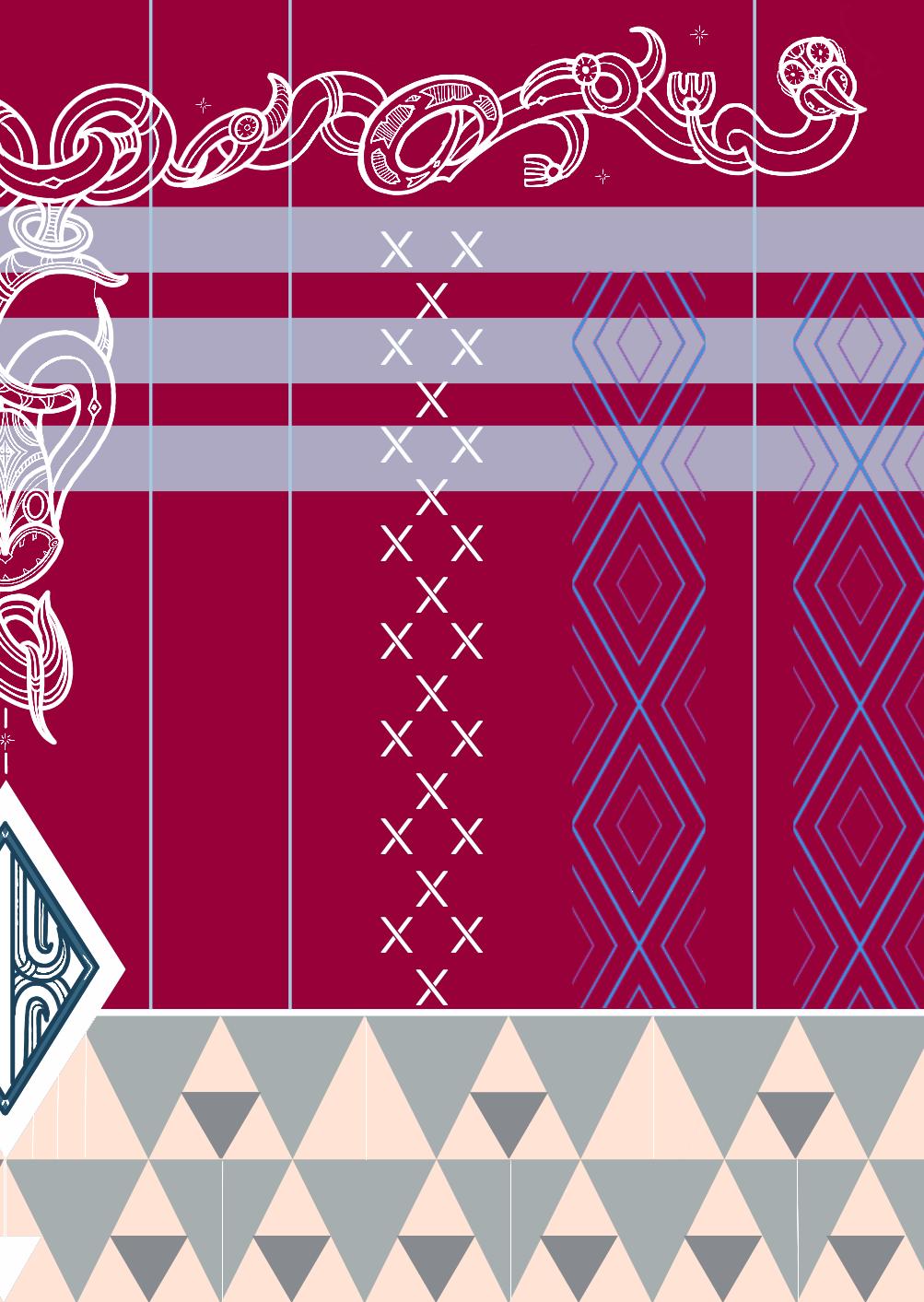
Student executives are designed to advocate, promote, and empower student voices and the community. What encompasses student executives is this desire to serve: to serve for change and for wellbeing.
As Māori, to serve simply comes naturally to us. Whether this be on the pae or in the kitchen, we serve for the betterment of the community and for the wellbeing of our people. We serve because that’s our obligation; it is an extension of our manaaki, and it’s a means of giving back to the village that raised us.
As young, wide-eyed, and eager-for-change rangatahi in tertiary education, one of the many ways we give back is by serving on student executives and, most importantly, by helping Māori. It’s a historical part of us. Some of the greatest activists of our history include rōpu Māori, like Ngā Tamatoa, Ngā Rōpū Tautohetohe, and our own Te Hōhaeiti Reo Māori Society. We serve for a purpose and for people, simply because we just can’t escape a good call to a kaupapa.
Just like many of the Māori before me, I too have heard my call. For some reason, I’m still here serving the kaupapa. No matter how hard I try, I still can’t seem to escape it. However, the longer I sit on these student executives, the easier it has become to identify the many flaws that riddle their structure. To be clear, it is the structure not the people that are the problem!
The mounting pressure put on tauira Māori to engage meaningfully with wider university frameworks is not only a contradiction to the engagements themselves but a violation of time and energy that could have been better spent elsewhere. Despite our evident dismay at these frameworks designed by old, white-collared university
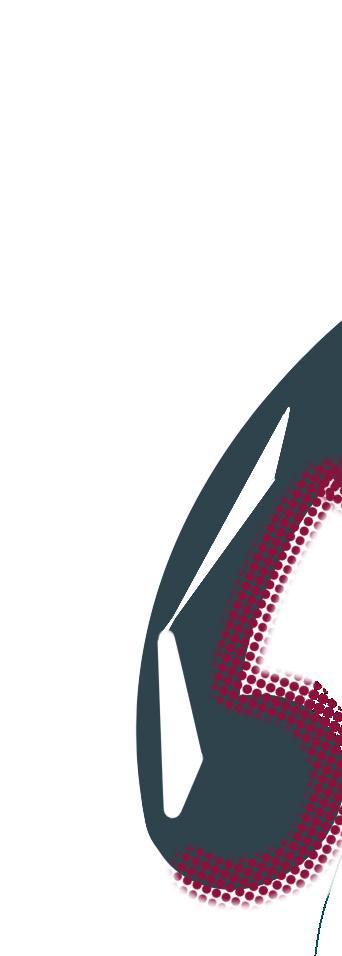
administrators, our positions in the university structure show us that our engagement is taken as 'sign-offs' and 'green ticks'. This is a false pretence of progression. It promotes the idea of a 'one-size-fits-all' solution to student well-being, encouraged by universities across Aotearoa. Unfortunately, tauira Māori bear the brunt of this deception, having become the window-dressings of student wellbeing policies to meet legislative standards.
By even engaging with these half-arsed policies created by these stale unversity clerics, Māori have become cash cows, lining universities' pockets without even the slightest bit of compensation to go with it. University structures have silenced tauira Māori voices by commercialising our well-being for enrolment numbers and replacing the value of our education with a lucrative but flawed business plan. Unsurprisingly, universities still can’t scrape themselves out of this educational and financial deficit.
The pressure to engage and create better outcomes doesn't even address the internal pressure that students put on themselves to try to fix the institutionalised issues of the university. It goes without saying that tauira Māori, and any minority student who decides to be part of an executive, feels this most. The constant need to justify not only to the faculty, but to our own peers why our mātauranga, hītori, te reo, and tikanga matter is beyond me. Justifying our place as an indigenous person is exhausting. Justifying our space as indigenous peoples is debilitating. We can’t even show our frustration and anger. So, instead, we project onto our own.
Executives have become toxic pressure cookers filled with nepotism and narcissism, fuelled by a popularity contest. Individuals don’t value themselves on their ability to lead but by how good their CV looks and by the number of 'kaupapa' they're able to push out every year.
The worst part is, sometimes it’s not even the university structure perpetuating this: it’s our peers. We’ve become manipulated by a system that measures outputs, rather than inputs. We’ve become obsessed with percentages, numbers, and budgets, and we deceive ourselves by disguising it under tikanga, white-washed by memorandums and financial agreements. Yuck!
Please don’t get me wrong: I say this all out of experience. I say this as an individual who has succumbed to all of these pressures in one way or another. I held myself to such a high standard that when I couldn’t fulfil it, instead of going mad with power, I broke down in despair. I walked around with the heaviest weight on my shoulders a weight defined by the community I was serving and the responsibility I felt to ngāi iwi Māori. I realised I didn't deserve the weight I was bearing, and that I had put it on myself.
I couldn’t see it until I let myself take a step back. That’s the thing about student executives: once you’re involved with the politics of it all, you really think it’s the be all and end all. When actually, it’s just a student executive. In the grand scheme of things, the decisions we make don’t have a significant impact on all ngāi iwi Māori, and it only impacts those who are actually involved in the community the executive serves. We’re not politicians, and we’re not iwi leaders; we’re just a group of students hanging out, trying to create a culture within this boring-ass institution.
Trust me, I’m not trying to undervalue the importance of these executives. I’m just asking us to think about our roles within the university and within our own smaller communities differently. Yes, your elected student executive has an obligation to advocate, promote and empower.
But we’re also only human. We’re bound to make mistakes or get things wrong, and ultimately, that should be okay. In fact, it should be embraced. As ngāi iwi Māori, we all have an obligation to advocate, promote, and empower each other. So cut each other some slack, because at the end of the day, it’s just a student executive.
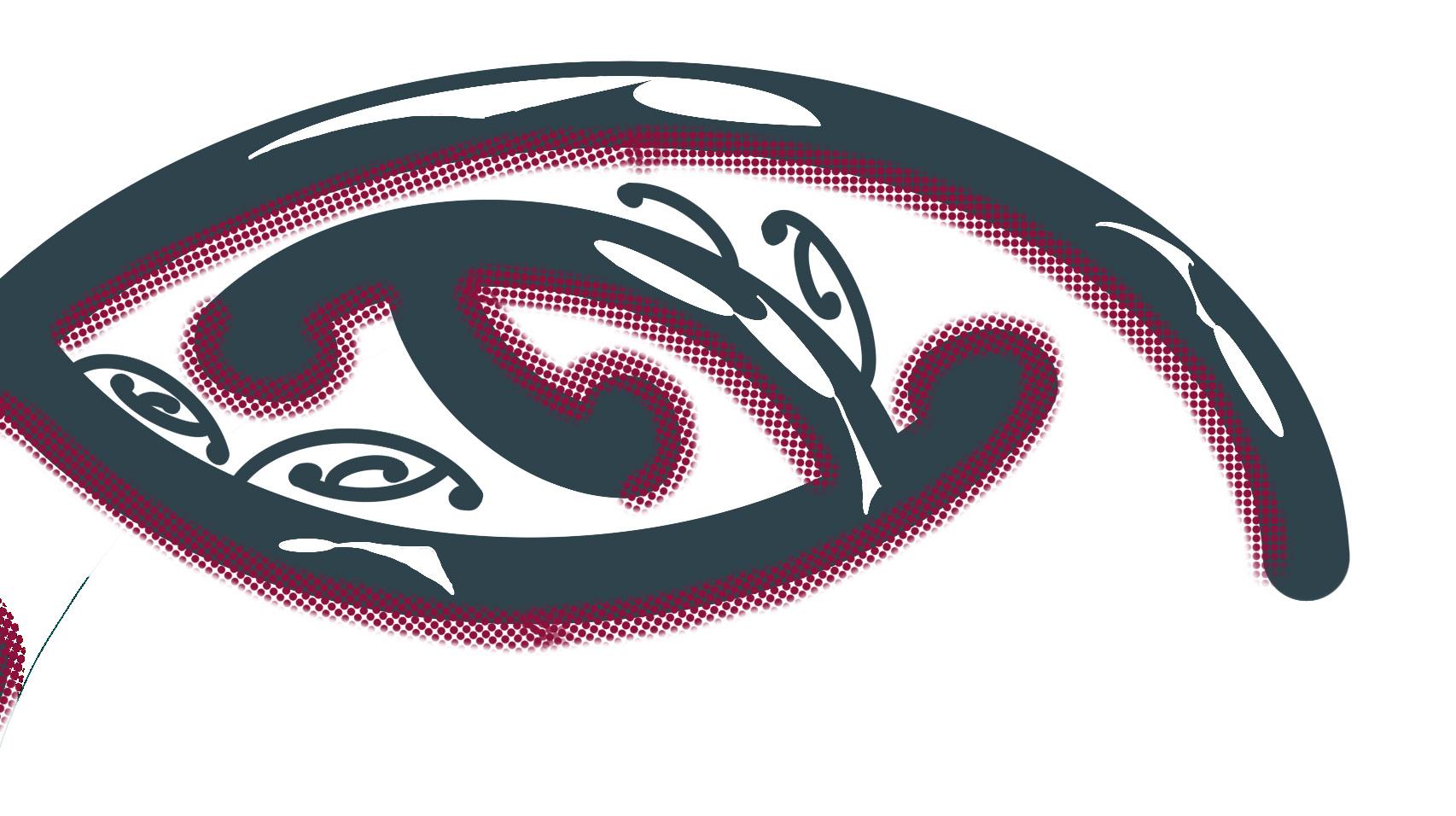
Ngā Rangahautira is Te Herenga Waka’s Māori Law Students rōpū based at the Old Government Buildings. We are focused on supporting Māori tauira through their law degrees and setting them up for success after graduation. Our support comes in many forms through academic workshops, careers events, whakawhanaungatanga, mentoring, and more. We also generally work on encouraging awareness and understanding about Māoridom and Māori issues at the law school.
Ngā Rangahautira was established with the whakaaro of helping tauira ture Māori through the Pākeha law school and out into the world with the knowledge they need to help our people and turn the tides for Māori in the system.

This year’s kōmiti whakahaere (executive team) is 16 people strong, and we have been working hard on a range of different kaupapa that speak to our whainga of uplifting Māori law students.
We have had a successful year with our Māori legal competitions. In May, we hosted our annual Kaupapa Māori Moot Competition. Our mooters competed in a mock court trial (like in Suits) focusing on Māori resource management and the EEZ Act. They all held their own in the face of some tough questions from our five judges, and we are super proud of their hard mahi. In July, we hosted our Kaupapa Māori Negotiation Competition, where competitors worked as ‘lawyers’ representing clients working out an agreement about a will, ōhakī and burial.
The beginning of August saw our exciting Noho Marae weekend. We were lucky enough to be hosted at Te Rau Karamu marae at Massey University. We had an amazing time coming together to observe and practice tikanga Māori, discuss the history and whainga of Ngā Rangahautira, and do some kapa haka practice.
To end the weekend, we hosted a Kaitahi to give thanks to some of our key supporters. We always look to give our tauira opportunities to observe and practice tikanga in real life, like at our whakatau for Māori law student interns at Kāhui Legal and Luke Cunningham Clere.
Looking forward to the end of the year, we will be full steam ahead for assessment season with study wā and revision sessions from our MPI tutors. We will also prepare our tauira for their summer work with a networking event. To finish the year we will host events to whakanui our graduates and celebrate the hard mahi of the year.
We have a range of different people and kaupapa available to manaaki tauira ture Māori at the law school. We are really grateful to everyone that has been involved this year! Kaua e wareware, there are more exciting things to come!
Get in touch:
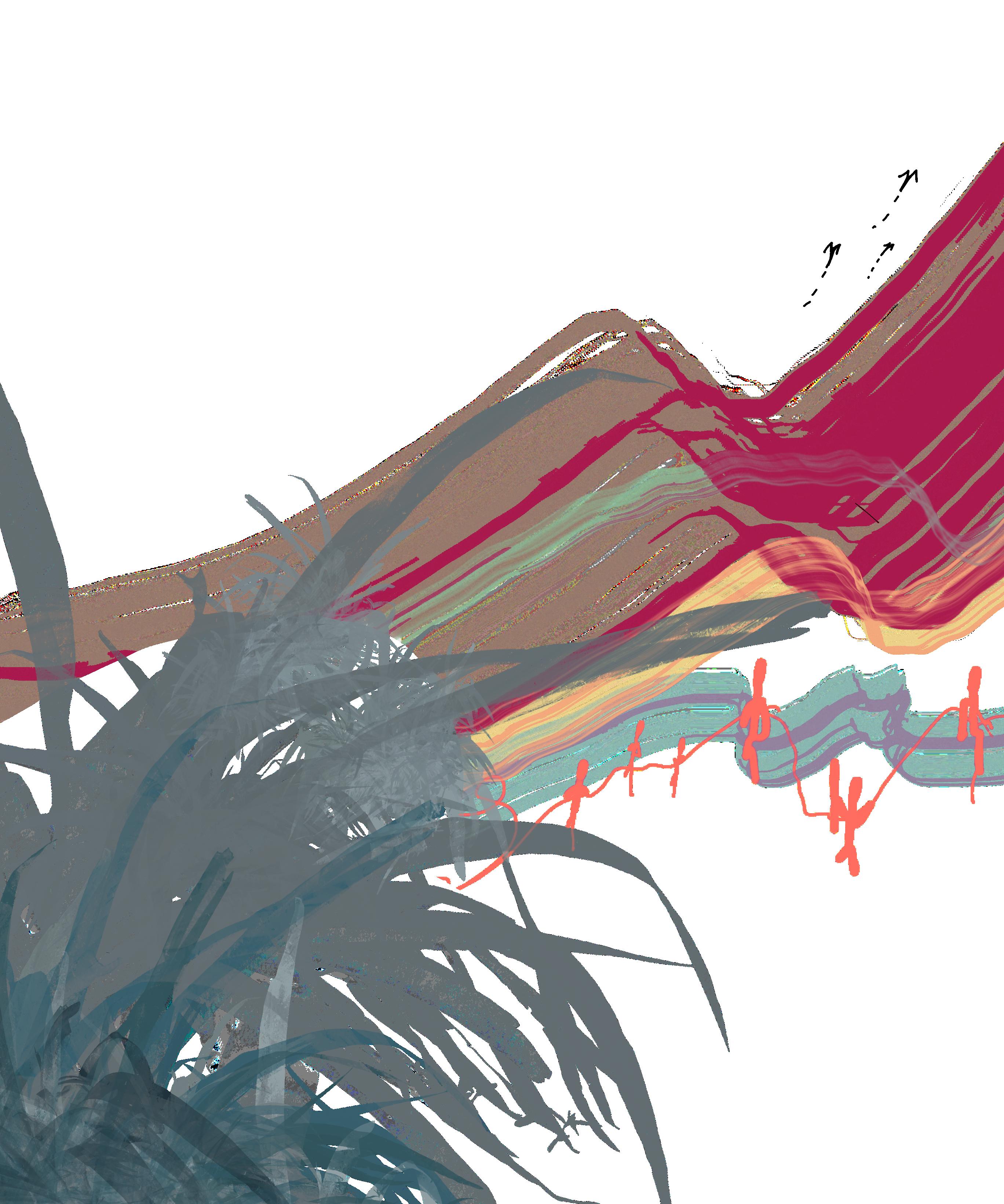
Instagram: @nga_rangahautira Facebook: Ngā Rangahautira 2023
Mauri ora!
Ngā Rangahautira Kōmiti Whakahaere 2023 x

Nō te tau 1969 tīmatahia ai te rōpū nei. I taua wā rā ko Te Reo Māori Society, ko Te Rōpū Reo Māori hoki ngā ingoa i whakamahia. Nō te tau 2015, whakaorahia anō ai te rōpū nei e Vini Olsen-Reeder. Nei mātou o Te Hōhaieti o Te Reo Māori e mihi atu nei, e mihi atu nei!
I ngā wiki tīmatanga i te whare wānanga kōkiritia tuatahitia te kaupapa nei a 'Wiki Reo'. E toru ngā kaupapa matua i tū i tēnei wiki. Ka tahi ko te Pō Patapatai ki Hunter Lounge. Ka rua, ko te Pō Kiriata, i mātakihia te Frozen Reo Māori Uka. I whakaarahia tētahi anō wiki hei whakanui i te reo i te tīmatanga o te taraimeta tuarua. I whakaritea tētahi Pō Kēmu me tētahi kaitahi i muri tonu iho mai, ko te aronga ia kia rere ko te reo i waenga i te hunga kaingākau ki te reo. Ko ētahi o ā mātou kaupapa ōpaki, ko ngā reo rūmaki, ko te pukapuka paraire hoki. Ko te reo rūmaki tētahi kaupapa kua whakahaerehia, ko te aronga kia whai wāhi
motuhake e rere tuatahi, e rere anake ai te reo
Māori. Kua waimaria mātou i te tautokona o mātou e Āwhina ki te whakahaere i tēnei kaupapa. Ko te pukapuka paraire tētahi anō kaupapa, ko te aronga o he whakatairanga i ngā pukapuka reo Māori ki te marea me kore e whāia ēnei pukapuka e te iwi nui tonu.
Kia whakanuia a Matariki, i whakarite mātou i tētahi hautapu ki tētahi pā tahito nō Rangitāne, ki Oruaiti. Mutu ana te hautapu i hoki atu mātou ki Te Kura Kaupapa Māori o Ngā Mokopuna, kai parakuihi ai. I whakaritea ētahi kaikarakia me ētahi kaikaranga kia ea ai te mihi ki ia whetū, ka mutu, ki ngā mea e tika ana kia mihia i taua wā o te tau. E waimaria ana mātou i te tautokona o tēnei kaupapa e Ngā Mokopuna, me kore ake rātou i tutuki ai te kaupapa. E rua ngā huinga 'Kēmu ā-Iwi' kua oti i a mātou te whakarite tahi me Ngāi Tauira,
ko tētahi o aua huinga i tū i te wiki Matariki. Ko ētahi anō kaupapa o te tau nei ko ngā kura reo, ngā kaupapa whakarauora reo hoki.Nā Ngāti Raukawa te pōhiri, ko te motu tērā i whakaeke ki runga o Te Wānanga o Raukawa. I whakaritea tētahi tira haere kia tae atu ki Te Kura Reo ki Ōtaki, me te aha, he nui te waimaria i a mātou i te rironga o ētahi tīkiti i a mātou ki tēnei kaupapa rangatira.

Nā Ngāti Kahungunu te karanga, ko te motu tērā i whakaeke ki runga i Heretaunga ki te whakanui i te reo rangatira. I waimaria anō mātou i whai wāhi atu mātou ki tēnei kaupapa nui whakaharahara. Ko te kaupapa nui katoa o te tau ko Te Kura Reo ki Te Herenga Waka. Nō ngā wiki tata nei kua pahure whakaarahia anō ai tēnei kaupapa kua hia nei tau e tārewa ana. Ka nui hoki tō mātou waimarie i a Te Mātāwai nā rātou ngā pūtea tautoko i tuku mai i tū ai tēnei kura.
I konei rere ai ngā mihi a Te Komiti
Whakahaere o Te Hōhaieti o te reo Māori ki a koutou katoa kua whai wāhi mai kua tautoko mai i ā tātou kaupapa i tēnei tau. Me kore ake koutou i tutuki ai, i eke ai, i rangatira ai ēnei kaupapa huhua. Kua hua te marama, ā, kua tutuki ā mātou mahi mō te tau.
In 1955, a conference was held in Wellington wherein Māori students from Victoria University of Wellington welcomed Māori students from Auckland University for a weekend of discussion, debate, and sports. This conference would go on to happen every year or second year right up to today.
These days it has a new name: Huinga Tauira.
The first formal Māori group at our university was established a vear after in 1956, named 'Māori Club'. In that time it was set up as a space for tauira Māori, but non-Māori were also welcome and were a part of the events and discussion. One of the goals of Māori Club was to convince kaumatua in the regions to send their kids and grandkids to university. The club also went on to visit secondary schools, convincing students to come to uni. One pretty cool fact I found was that since 1959, the club used to print a magazine, like Salient, every month to show events and stories from clubs and groups around the university. I'm not sure when it stopped, but it hasn't been printed in a while. Although this may just seem like really cool history, it shows the main theme that has been carried on right from the start of Māori student organisations: connecting tauira Māori.
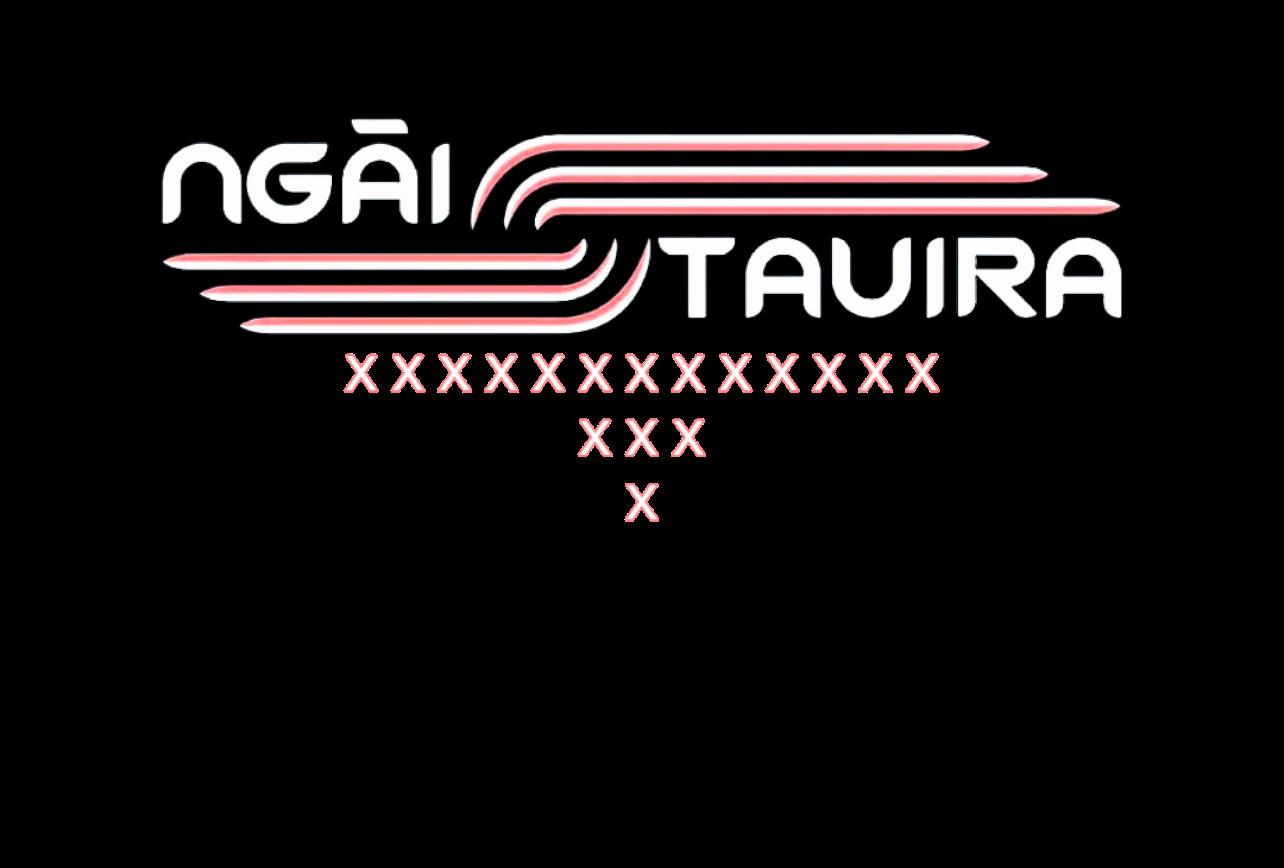
Register
Meet with a MAS Adviser
You’re in the draw
Graduates of 2023, we want to celebrate you with a $3k giveaway. Register now, meet with check, then you’re in the draw!
Register at mas.co.nz/grad2023

MAS is proud to be supporting NZMSA, including publication of this guide


Terms and conditions apply

Across:
5. Whose waka sails the night sky?
6. Where is Māui’s dad?
11. Who threw their eyes in the sky?
12. Which wahine swam to her lover on Mokoia Island?
13. Who did Māui turn into a dog?
14. Who was the whale rider?
15. Who is the unborn child of Papatuānuku?
16. Who uttered the iconic saying “kia whakatane au iahau?"
18. Who wrapped Māui in their hair?
21. What’s the name of the constellation which depicts Māui’s hook?
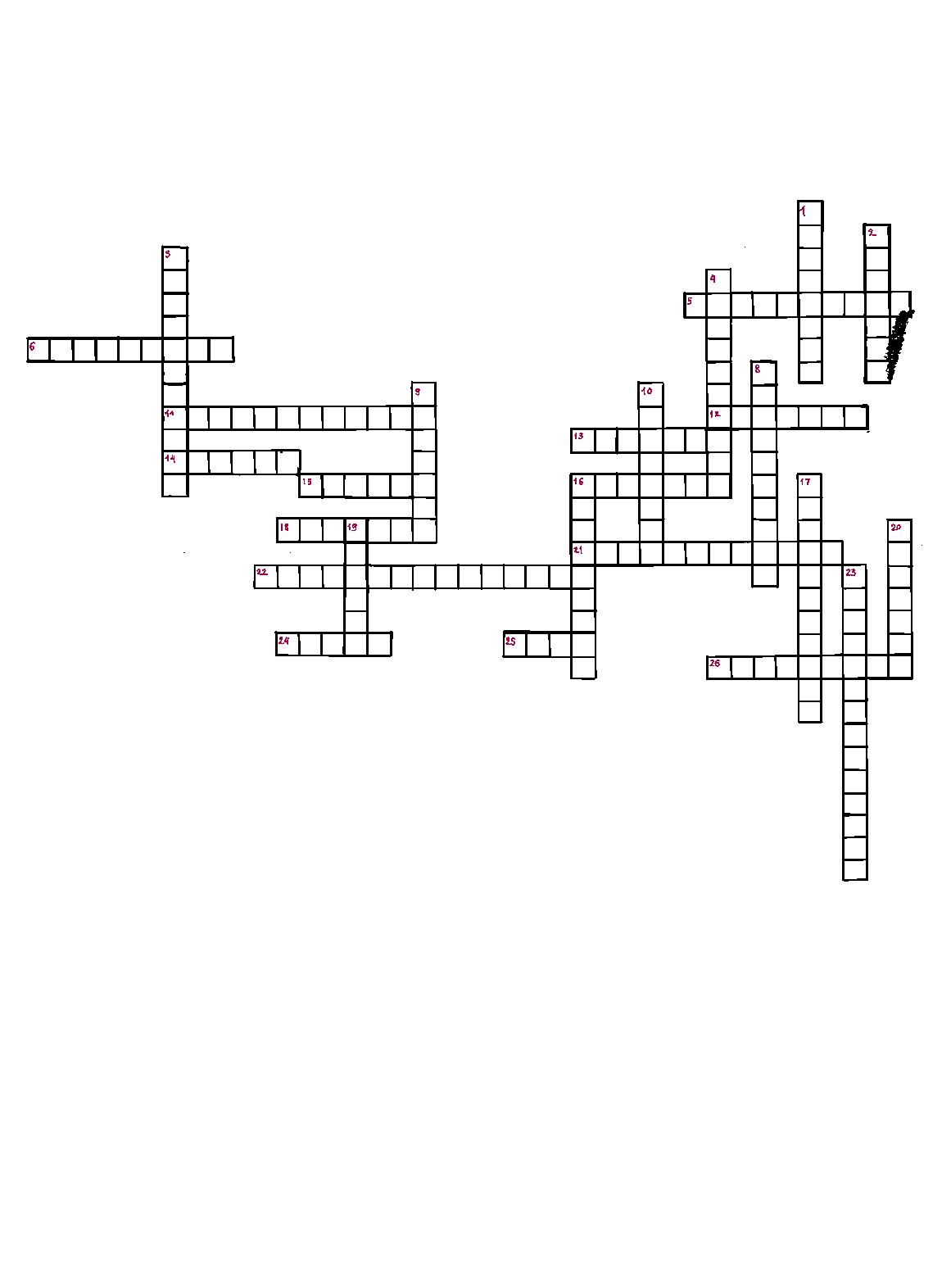

22. Whose jawbone is Māui’s hook made from?
24. Who is the wahine that got turned to stone?
25. Who got snatched up by the moon?
26. Finish the lyrics – “he kākano ahau, i ruia mai i___”
Down:
1. Who broke Mauao’s heart?
2. Who is the taniwha who guarded pounamu?
3. Whose teke killed Māui?
4. Whose idea was it to separate Ranginui and Papatuānuku?
7. Who was the first woman created by Tāne?
8. What was Hinenui-te-pō’s former ingoa?
9. Who was the first to bare moko?
10. Who was Mataora’s Mrs?
16. What’s the name of the taniwha who now resides as a Wellington suburb?
17. Who settled in Hokianga after Kupe?
19. Who is the iconic maunga/waka/atua of Te Waipounamu?
20. Who named Aotearoa?
It’s your mission to ensure everyone knows you’re from Rangitāne, which really wows me. But it doesn’t really make sense because nobody knows where that is. However, never lose that ability: it’s what makes you stand out, to be unapologetically from Rangitāne, wherever that may be.
Are you really part of the Kiingitanga if you’re about 6 hours away? What loyal subjects would make their king travel that far to them? Although I have heard that the descendants from here are pretty good looking (I’m from here).

Ahakoa he iti, he mana. You need to stop being so mysterious and come on out of the mist to join us in the real world. But maybe this is how you take the world by storm, one revolution at a time and one sin a son at a time.
Some might say you guys are too big for your boots, trying to stake your claim on Tāmaki Makaurau. But hei aha tēnā, all your uncles can stake their claim on me any day, any time.
NEKE NEKE MAI!!!Keep fighting your fight Ngāti Toa, one day you’ll be able to claim mana whenua around these ways. Jokes, but for real, you guys do so much for your iwi and might even one day win at Māoris (National Māori Basketball Tournament, for all of you who have never touched a basketball in your life).
You may have come out near the top at Te Matatini, but have you ever really come out on top anywhere else? Let’s be real though, what a comeback. If anything this goes to show your people are fighters and will go down kicking and screaming.
Te Arawa Māngai nui e tū ake nei!
EDITOR & DESIGNER: Te Huihui o Matariki Chi Huy Tran (he/him; Taranaki, Ngāti Maruwharanui)

SUB-EDITOR: Areta Pakinga (she/her; Te Arawa, Ngāti Raukawa ki te Tonga)
CONTRIBUTORS: Janicka Tei (she/her; Kūkī Āirani, Ngāti Kahungunu)
Tessa Keenan (she/her; Te Ātiawa)
Ashleigh Putt-Fallows (she/her/ia; Ngā Puhi, Ngāti Whātua, Tūhoe)
India Jade Hinewai Grigson (she/her; Ngātai)
Mana Hokianga (he/him; Te Ātiawa, Ngāti Kahungunu)
Ruaputahanga Takiari (she/her; Waikato/Tainui, Ngaati Maniapoto, Ngaati Raarua)
Kelly Mitchell (any/all; Ngaati Maahanga)
Grace Muldrock (she/they; Ngāti Raukawa ki te Tonga, Te Atihaunui-a-Pāpārangi)
Tūhetia Young (he/him; Ngāti Maniapoto)
Reni Broughton (she/they; Ngāti Tūwharetoa Ngāti Ruanui, Ngāruahine, Ngāti Whātua ki Kaipara, Ngāpuhi)
TRANSLATOR:

Katelynne Pōtiki-Clune (she/her; Ngāti Porou, Waikato, Kāi Tahu)
Ashley McGregor (she/her; Te Rarawa)
Arapera Tapiata (she/her; Ngā Rauru, Ngāti Rangi, Te Arawa)
Harris Puanaki Devon (he/him; Te Arawa, Tūwharetoa, Waiakati Tainui, Te Awatupua, Te Atihaunui-a-Pāpārangi, Ngāti Toarangatira, Kai Tahu, Ngāti Maniapoto)
Te Matahiapo Safari Hynes (he/him; Rangitāne, Ngāti Maniapoto)
Phoebe Sullivan (she/her; Te Aupōuri, Ngāti Whātua ki Kaipara, Ngāti Whātua ki Ōrākei, Waikato-Tainui)
CROSS WORD & CENTERFOLD: Hemaima Keane (she/her; Ngāi Tāmanuhiri, Rongowhaata)
IWISCOPES & HEADLINE JUNKIE: Areta Pakinga (she/her; Te Arawa, Ngāti Raukawa ki te Tonga)
GUEST EDITOR
Te Huihui Chi Huy Tran (he/him)
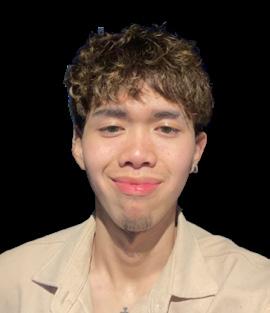

CO-EDITOR
Maia Ingoe (she/her)
CO-EDITOR
Francesca Pietkiewicz (she/they)
DESIGNER
Bella Maresca (they/them) @cupids.kiss
NEWS EDITOR Niamh Vaughan (she/her)





Ethan Manera (he/him)
NEWS EDITOR Zoë Mills (they/she)



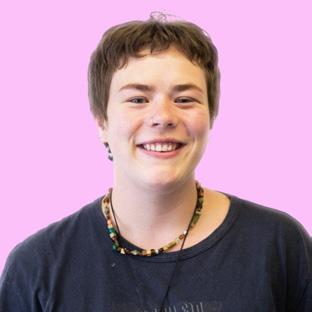



CHIEF REPORTER
Alex Marinkovich-Josey (he/him)
PODCAST MANAGER Simoné Botha (she/they)
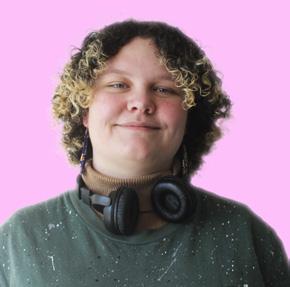
PODCAST INTERN
POETRY EDITOR
EDITORIAL SUPPORT
Tessa Keenan (she/her)
SUB-EDITOR Joanna Fan (she/her)

Maia Armistead (she/her)
STAFF WRITER
STAFF WRITER Kiran Patel (he/they)
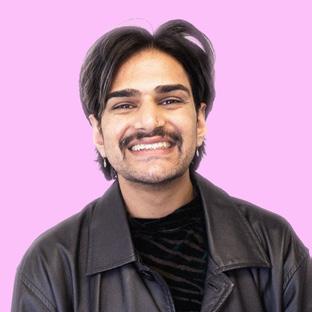
Phoebe Robertson (she/her)
STAFF WRITER
Pippi Jean (she/her)
VIDEO CONTENT CREATOR Seren Ashmore (he/him)
Willem Koller (he/they)

SOCIAL MEDIA MANAGER
Ethan Rogacion (he/him)
NEWS INTERN Jia Sharma (she/her)
WRITING INTERN

